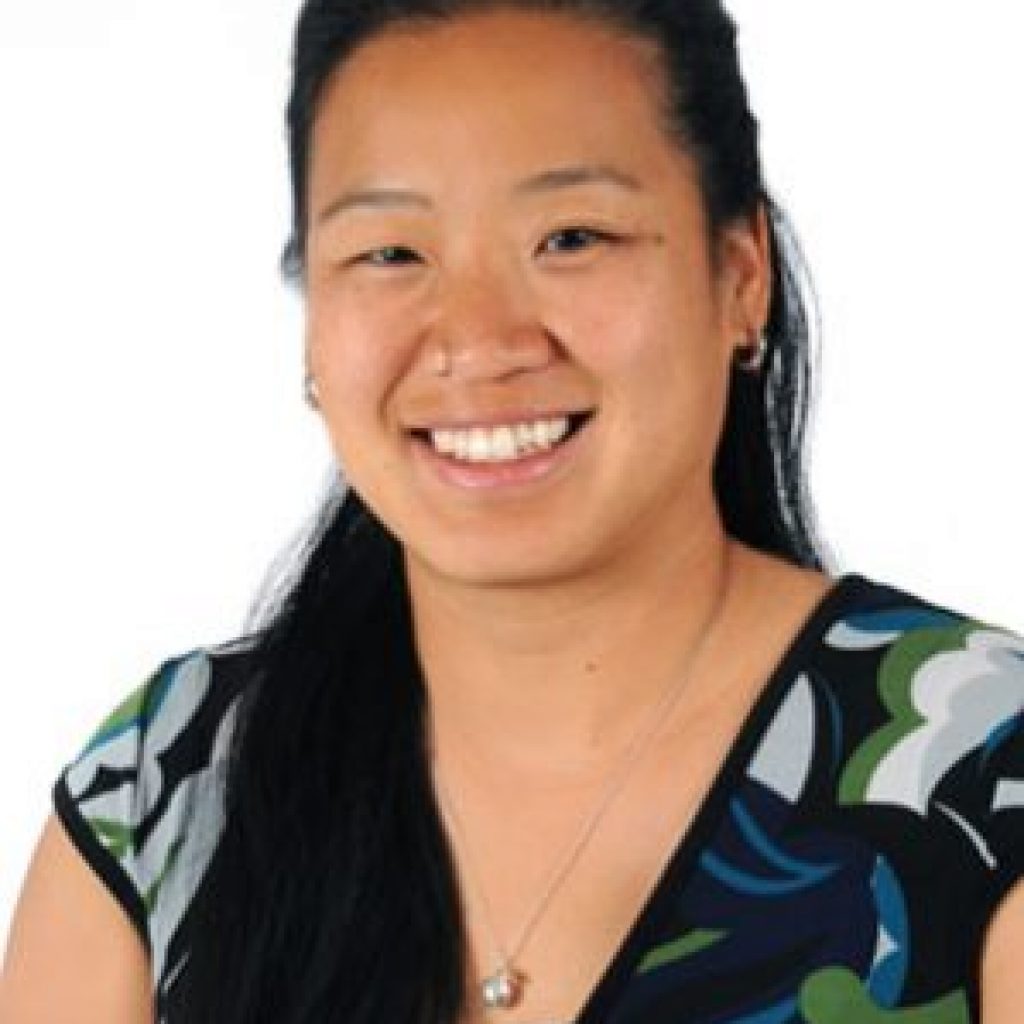Current Seminars
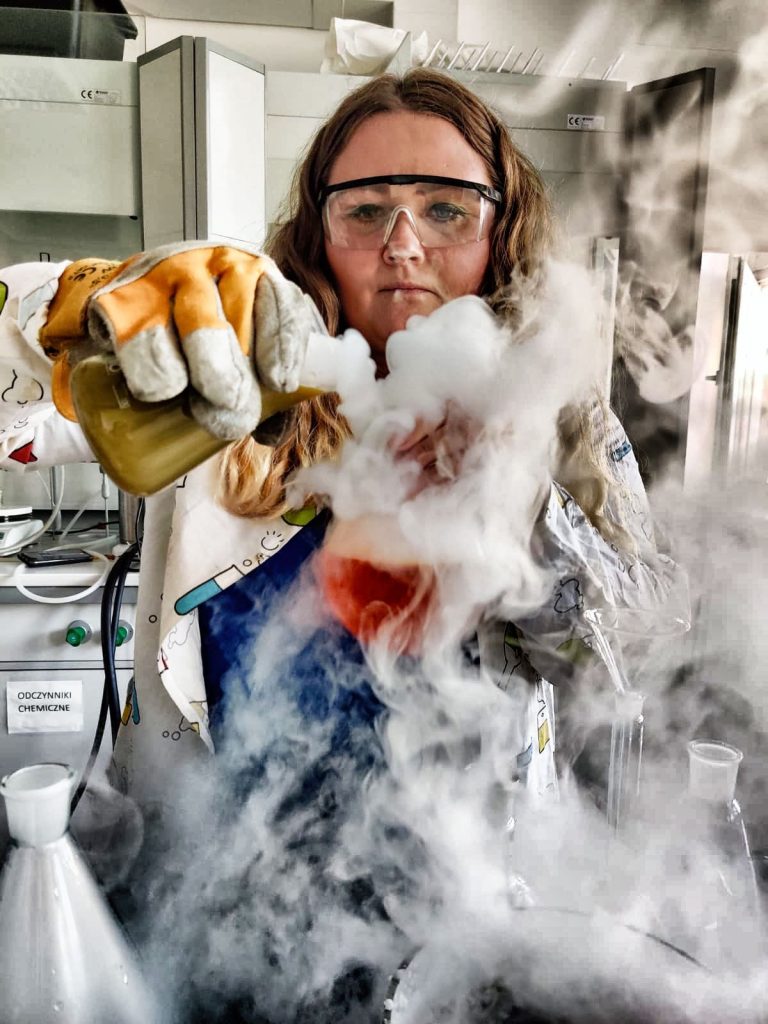
3/10/26 at 4:00pm in Chemistry A101
Abstract: Despite many excellent medical achievements in the field of cancer therapies, resistance to chemotherapy as well as disease relapses remain a huge clinical challenge. One of the strategies in designing new anticancer therapeutics is the use of compounds based on metal ions surrounded by selected ligands (metal drugs). Different metal centers may exhibit different […]
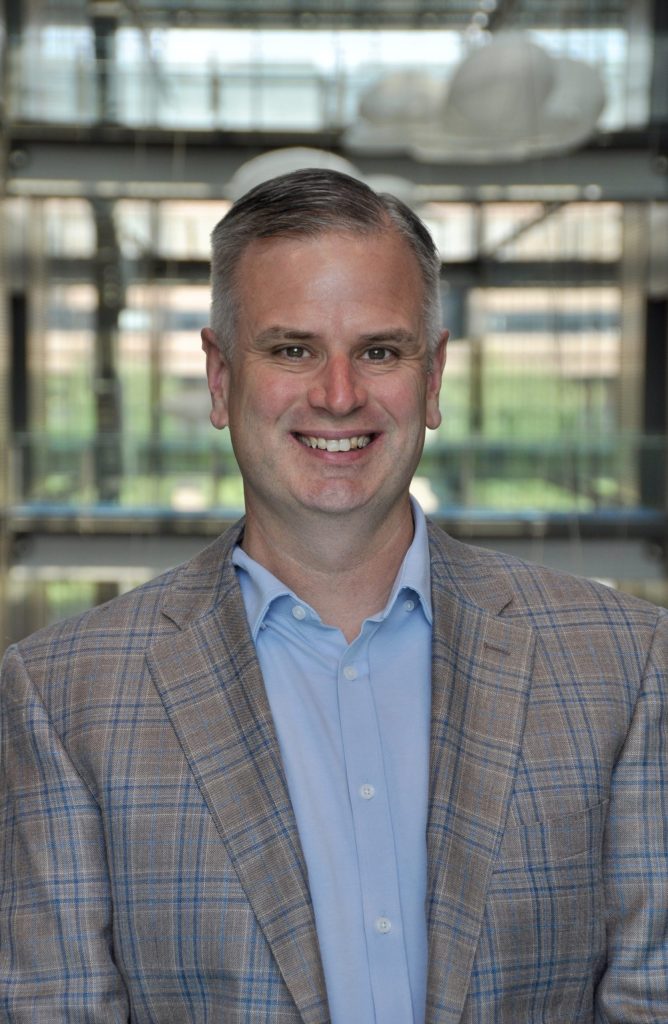
3/31/26 at 4:00pm in Chemistry A101
Seminar Abstract: Transition metal catalysis has revolutionized chemical synthesis. Reactions such as metal-catalyzed cross coupling, asymmetric hydrogenation and C–H functionaliza-tion have changed the way chemists approach bond constructions and ultimately expand molecular space. Historically, these reactions are catalyzed by closed-shell precious metal complexes that undergo predictable and reliable two-electron redox changes. The increased emphasis on […]

Current Seminars

2/17/26 at 4:00pm in Chemistry A101
About the seminar: The design of paramagnetic coordination complexes with temperature-dependent chemical shifts is a major goal in biomedicine as it would allow temperature to be measured in vivo by MRI. While such behavior is well-established in lanthanide complexes on account of their magnetic anisotropy, transition metal thermometry is still in its nascent stages. Our laboratory reports two Fe(II) […]
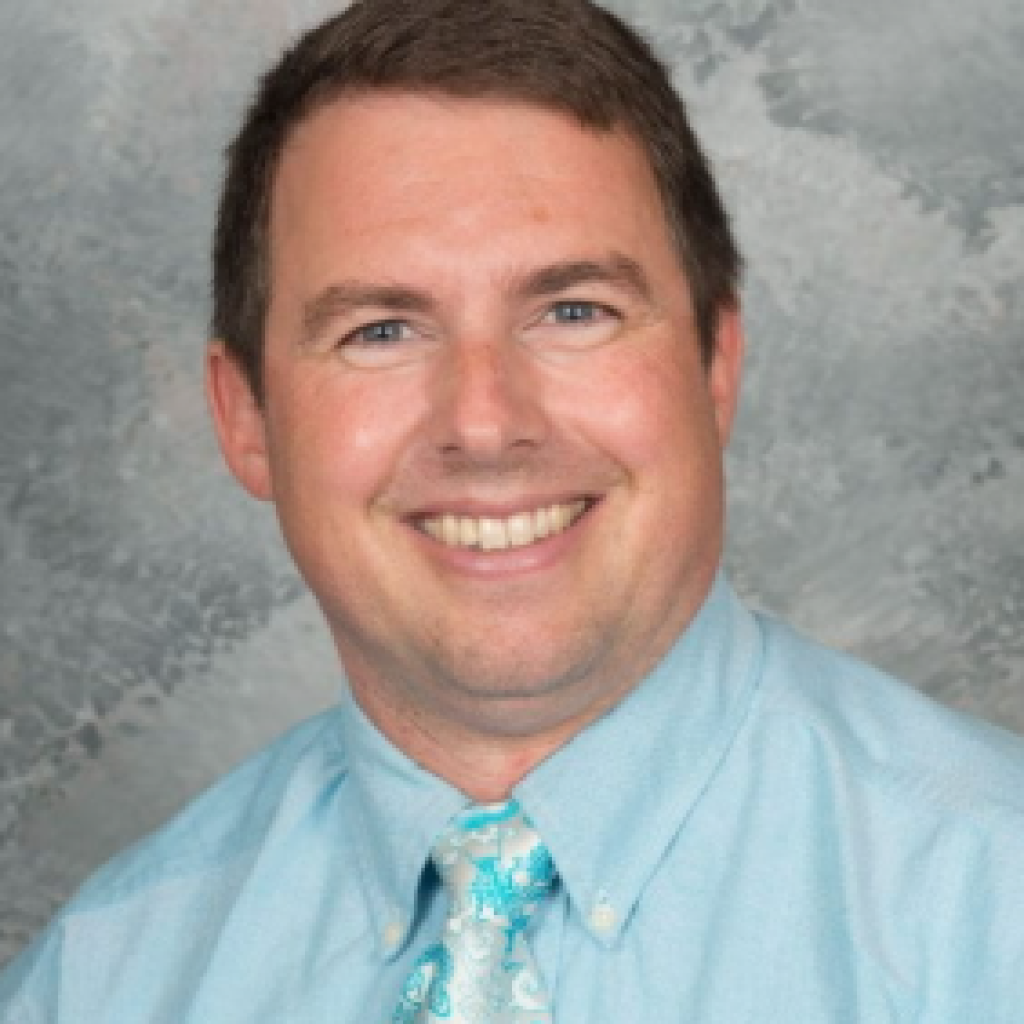
2/3/26 at 4:00pm in Chemistry A101
Abstract: Vanadium remains one of the most adaptable yet underappreciated elements in inorganic chemistry, capable of shifting oxidation states, geometries, and reactivities in ways few metals can match. This seminar explores how deliberately designed scorpionate and pseudo-scorpionate ligand frameworks enable precise control over vanadium coordination environments, unlocking new structure–function relationships across materials and molecular systems. […]

12/2/25 at 4:00pm in Chemistry A101
About the seminar: Two-dimensional (2D) transition metal dichalcogenides (TMDCs) such as monolayer MoS2 exhibit strong excitonic effects and tunable electronic states that make them promising materials for photoelectrochemical energy conversion. In these atomically thin systems, the bandgap is not fixed but undergoes bandgap renormalization (BGR), shifting the conduction (ECB) and valence (EVB) band edge positions, in […]

11/11/25 at 4:00pm in Chemistry A101
About the seminar: Metastable phases of multinary metal chalcogenide nanoparticles (NPs) are promising materials for thin film photovoltaics. The rational synthesis design of these metastable phases is a current challenge in the field as little is known about the exact mechanism and formation of many of these materials. This paper, Band Gap Engineering and Metastable Phase […]

11/4/25 at 4:00pm in Chemistry A101
About the seminar: [64/67Cu]Cu-SAR-bisPSMA is a radiotheranostic agent which received a fast-track designation by the FDA earlier this year and is currently in clinical trials. Copper radioisotopes are underutilized in radiopharmaceuticals due to thermodynamic and kinetic instability of Cu2+ ions in vivo with many of the common chelators used in radiopharmaceuticals such as cyclam, DOTA, and TETA. Sarcophagine […]

10/20/25 at 4:00pm in Chemistry A101
About the seminar: Carbenes are versatile reactive intermediates that display orthogonal reactivity to common nucleophilic and electrophilic functional groups. Catalytic carbene transfer reactions were first discovered over a century ago, and numerous examples of [n + 1]-cycloaddition reactions have since been developed, often with control over diastereo- and enanatioselectivity. Most of these reactions rely on […]
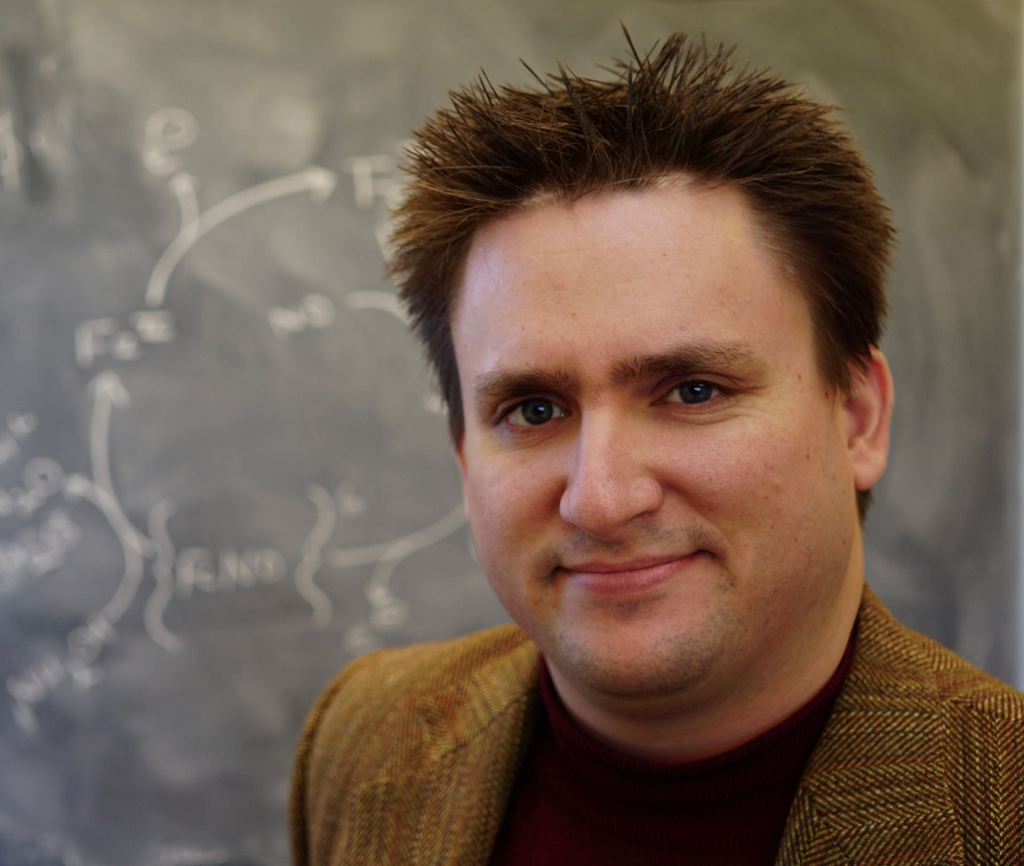
10/7/25 at 4:00pm in Chemistry A101
About the seminar: Some of the most abundant microorganisms on Earth do not live as we do––rather than using carbon-based fuels, they instead rely on the oxidation of ammonia to furnish reducing equivalents for life. These ammonia oxidizing bacteria and archaea (AOB and AOA) pervade every ecosystem, where they drive key reactions of the nitrogen cycle collectively referred to […]

9/30/25 at 4:00pm in Chemistry A101
About the Seminar: The activation and reduction of dinitrogen to ammonia remains a focal point of catalysis research. Currently, nitrogen fixation is accomplished on an industrial scale via the energy-intensive Haber-Weiss process. The identification of economically viable alternatives to ammonia production with a reduced environmental footprint compared to Haber-Weiss catalysis, and which would be amenable […]

5/6/25 at 4:00pm in Chemistry A101
About the Seminar: Reinforced concrete (RC) structures are widely used in construction applications to combine tensile strength with the compressive strength of concrete alone. While RC materials are common in buildings and roadways, they suffer from deterioration resulting from corrosion of the reinforcement material shortening service lifetimes. In this work, we propose the development of […]
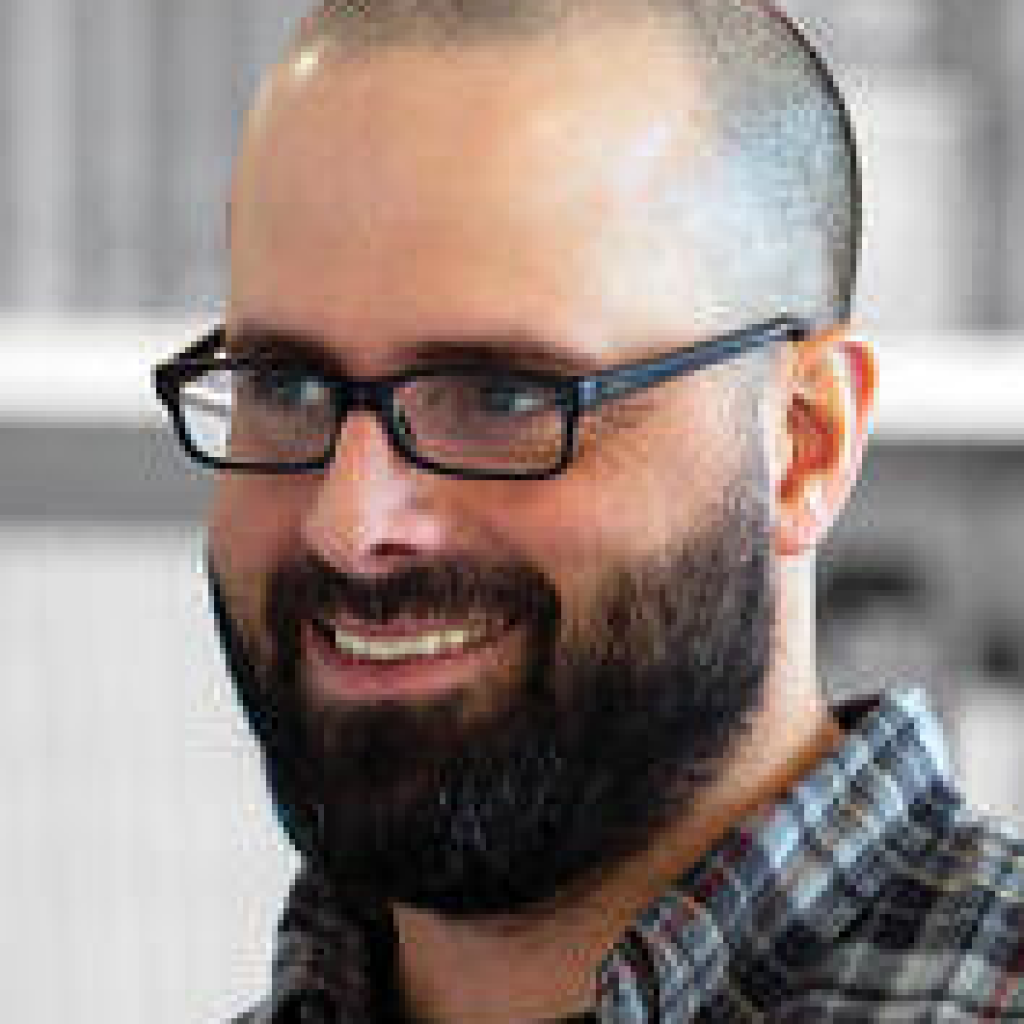
4/15/25 at 4:00pm in Chemistry A101
About the Seminr: Our group kinetically traps reactive intermediates from group transfer catalysis or small molecule activation processes. Using molecular design, we can use steric confinement or Lewis acid coordination to stabilize reactive radicaloid ligands. We examine the electronic structure of the transition metal-element multiple bonds using a variety of spectroscopic and theoretical means. The […]


4/7/25 at 4:00pm in Chemistry A101
About the Seminar: This presentation details recent progress in our laboratory toward the synthesis and evaluation of underemployed fluorinated functional groups that have been made more accessible using the TCICA/KF approach to oxidative fluorination. A major theme will be our recent merging of SF5 radical chemistry with strain-release functionalization of [1.1.1]propellane and [1.1.0]bicyclobutanes. Structural consequences […]

4/1/25 at 4:00pm in Chemistry A101
About the Seminar: Elements beyond uranium are rich testbeds for probing how relativistic effects alter electronic structure and hence molecular structure, physical properties, and reactivity. However, many questions arise during these studies including: Can we push these elements to display properties that they would not normally display under ambient conditions and perhaps provide better clarity […]

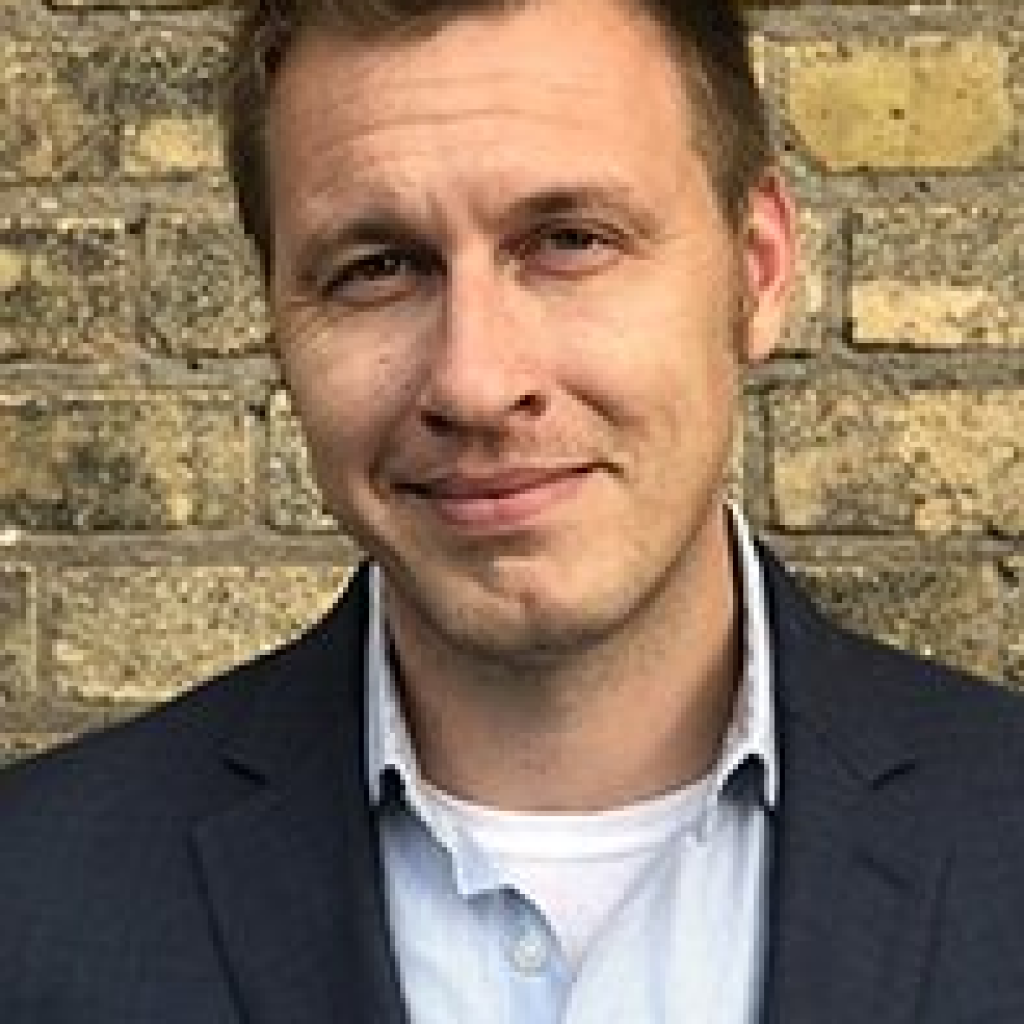
2/18/25 at 4:00pm in Chemistry A101
About the Seminar: The Tonks Group at the University of Minnesota is broadly interested in using transition metals in sustainable catalytic applications. The first part of the talk will be focused on oxidative amination reactions with titanium, the 2nd most earth-abundant transition metal. Several years ago our group discovered that Ti imidos (LnTi=NR) can catalyze […]


1/28/25 at 4:00pm in Chemistry A101
About the Seminar: Activated carbons are one of the primary ways of removing toxic pollutants, such as heavy metals, per- and polyfluoroalkyl substances (PFAS), and microplastics, from the environment. How metals, which facilitate substrate binding, adsorb onto these materials are poorly understood and pose research challenges due to their porous structure and large surface area. Carboxylate […]

1/21/25 at 4:00pm in Chemistry A101
About the Seminar: 2D electrically conductive metal-organic frameworks (EC-MOFs) represent a distinctive class of porous electronic materials with significant potential in applications ranging from energy storage to advanced electronics. However, their broader impact has been limited by the constrained diversity of structural motifs and chemical functionalities. In this talk, I will present our research efforts […]

10/25/24 at 4:00pm in Chemistry A101
About the Seminar: Graphene and its properties have motivated research on large polycyclic aromatic hydrocarbons (PAHs), which are basic building blocks of graphene and other carbon-rich nanostructures. Various PAHs are of interest as molecular models, synthetic precursors, and components in electronic devices, due to unique properties that result from their extended conjugation and rigidity. A […]

10/15/24 at 4:00pm in Chemistry A101
About the Seminar: Nanoparticles play a crucial role in advancing alternative and renewable energy technologies due to their unique properties and tunable structures. This presentation explores the nucleation, growth, and mechanistic pathways of both classic and selenium-containing nanoparticles (NPs), with a focus on formation kinetics, stoichiometry, and self-assembly. Key findings from well-established systems, including BaSO4 […]

10/11/24 at 4:00pm in Chemistry A101
About the Seminar: Closo-Boranes are inorganic 3-D sigma aromatic compounds with steric and electronic properties attractive for designing multifunctional materials. Earlier work demonstrated that 10- and 12-vertex p-carboranes are suitable building blocks for liquid crystals. Anionic closo-carbaborates have been used to design highly polar materials for LCD applications and ionic self-organizing electrolytes for battery applications. […]

9/10/24 at 4:00pm in Chemistry A101
About the Seminar: Lithium-ion batteries are an omnipresent aspect of the modern world and are found in the majority of consumer electronic devices. Although lithium-ion batteries can store a lot of charge, this technology is limited in the power it can provide and requires expensive and isolated feedstock materials. Alternative battery technologies like 3D batteries […]

4/23/24 at 4:00pm in Chemistry A101
About the Seminar: With the growing demand for electric vehicles, grid-scale batteries, and high-power devices, new high-rate batteries are needed. Currently, graphite is the current commercial level anode material, however graphite can suffer from dendrite formation at high-rates. These dendrites can then short circuit and destroy the battery. Nb16W5O55 emerged as an alternative high-rate anode material […]
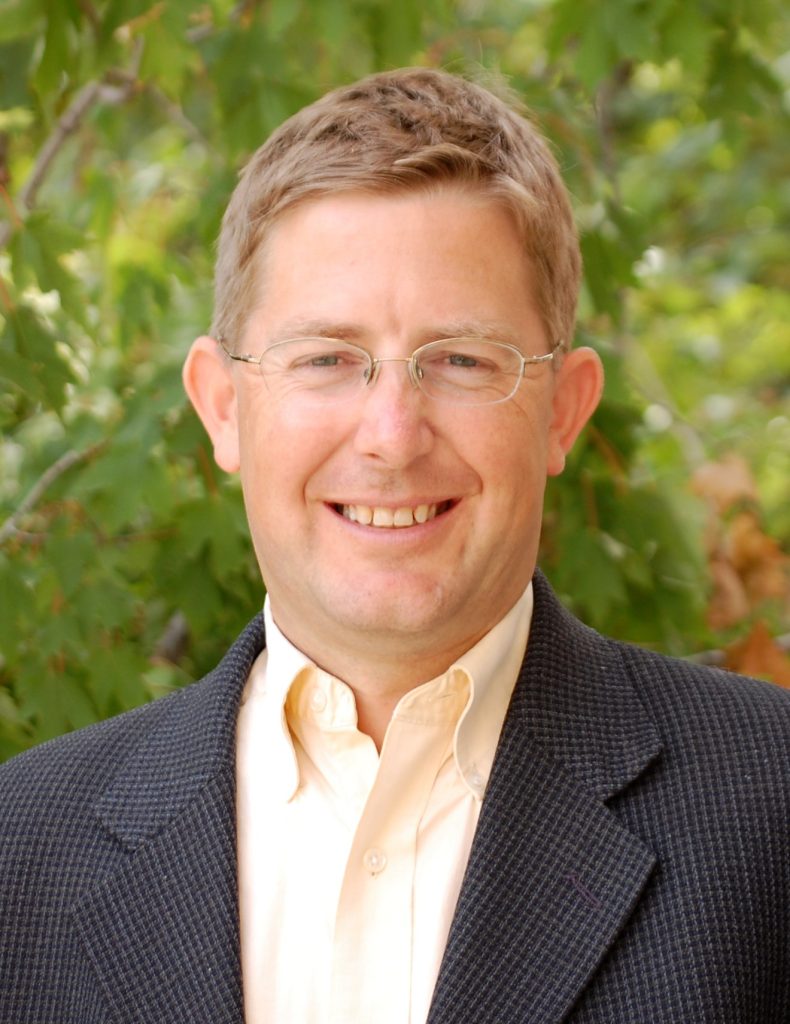
4/16/24 at 4:00pm in Chemistry A101
About the Seminar: Catalytic C-H functionalization offers the promise of atom economical introduction of molecular diversity into organic molecules by direct transformation of C-H bonds to C-C, C-N, or C-O bonds. Compared to more traditional approaches that involve functional group manipulations, the direct utilization of C-H bonds in synthesis can minimize chemical steps, economic cost, […]

3/26/24 at 4:00pm in Chemistry A101
About the Seminar: Large-scale deployment of first-principles electronic structure calculations in combination with the ever-increasing power and availability of massively parallel supercomputers have launched in past couple of decades an entirely new paradigm in modern materials science. Intuition and serendipity that were the hallmarks of materials discovery are now complemented by theory-guided searches, which have […]
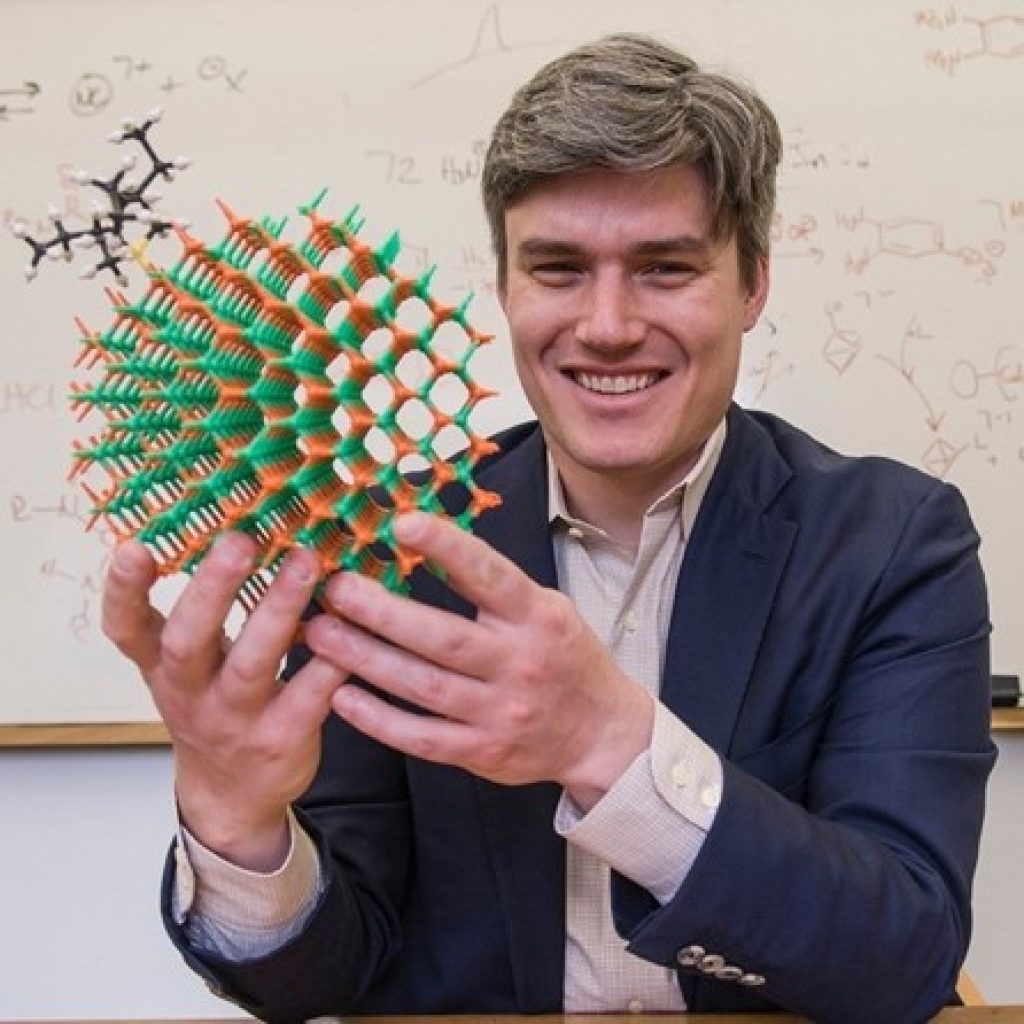
3/22/24 at 4:00pm in Chemistry A101
About the Seminar: The size and shape homogeneity of modern colloidal semiconductor nanocrystals or ‘Quantum Dots’ (QDs) result in their characteristically narrow photoluminescence linewidths. This narrow and tunable luminescence is driving the cutting edge in display technologies and can increase the luminous efficacy of commercially viable solid state lighting devices by > 25%. These properties […]
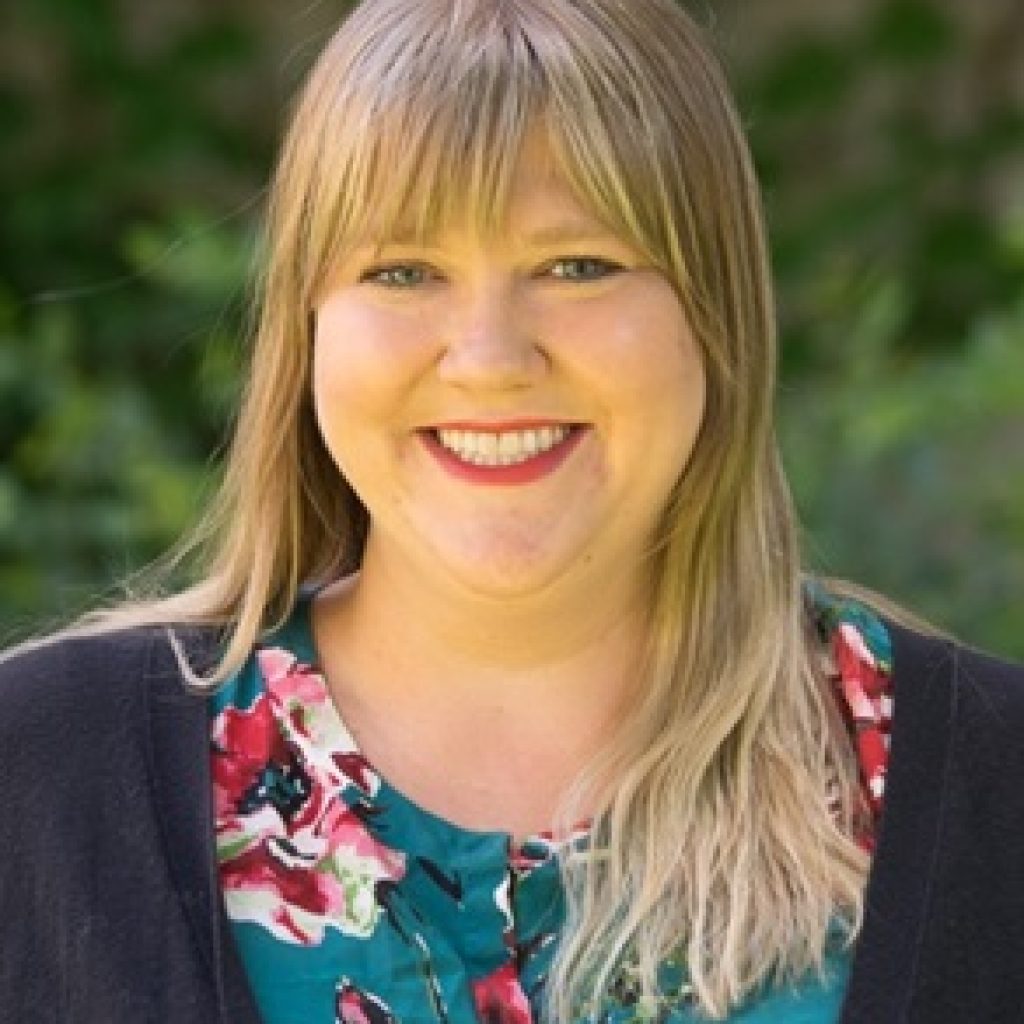
3/5/24 at 4:00pm in Chemistry A101
About the Seminar: Research in the Roberts group involves looking at unsolved problems in organic synthesis through the perspective of organometallic/inorganic chemistry. One main area of interest for the group is the synthesis of heterocycles through aryne intermediates. Despite their useful reactivity, a number of challenges still remain in the use of arynes including problems […]
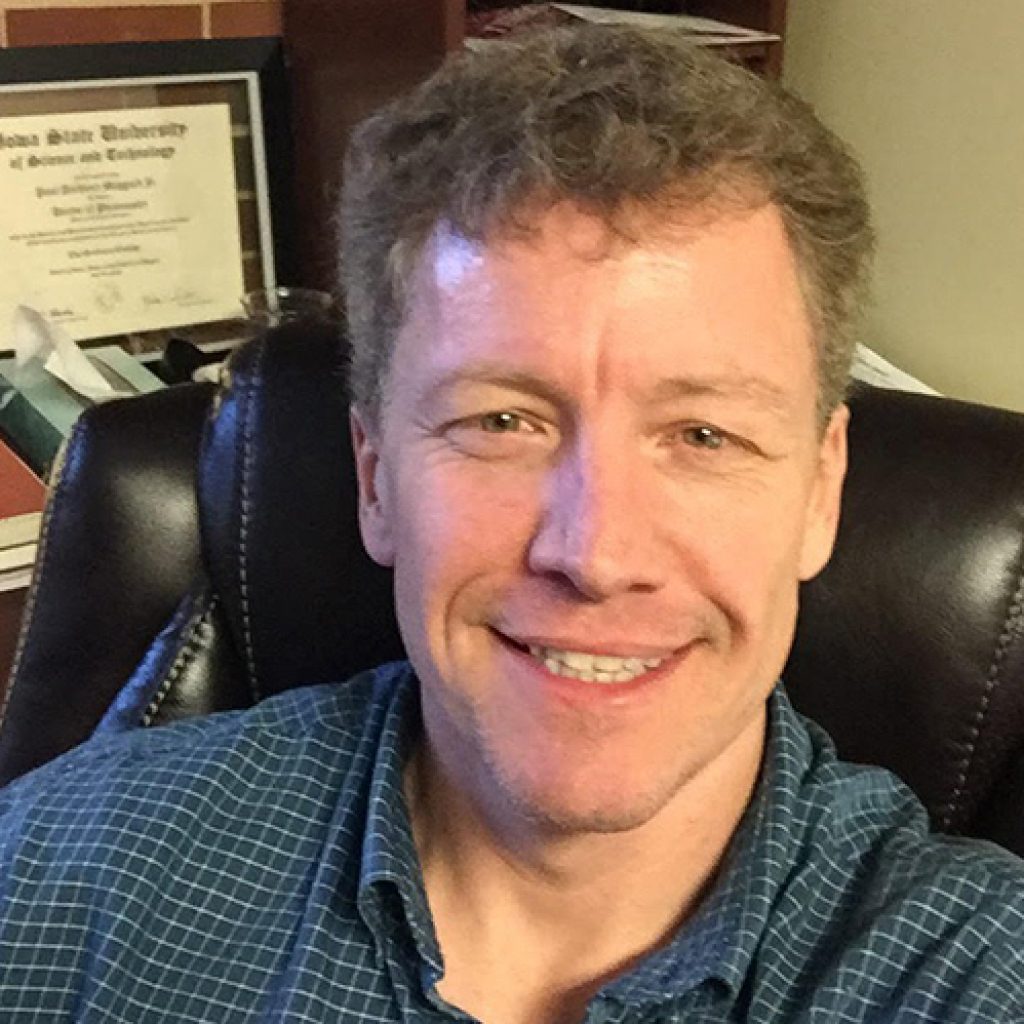
2/27/24 at 4:00pm in Chemistry A101
About the Seminar: Metastable semiconductors have been discovered in many chemical systems that have desirable properties for driving fuel-producing redox reactions from sunlight, including broad visible-light absorption, optimal band edge energies, defect tolerance, and functional carrier mobilities. These photoelectrochemical properties have frequently been found to be associated with their metastable nature, e.g., from specific features […]
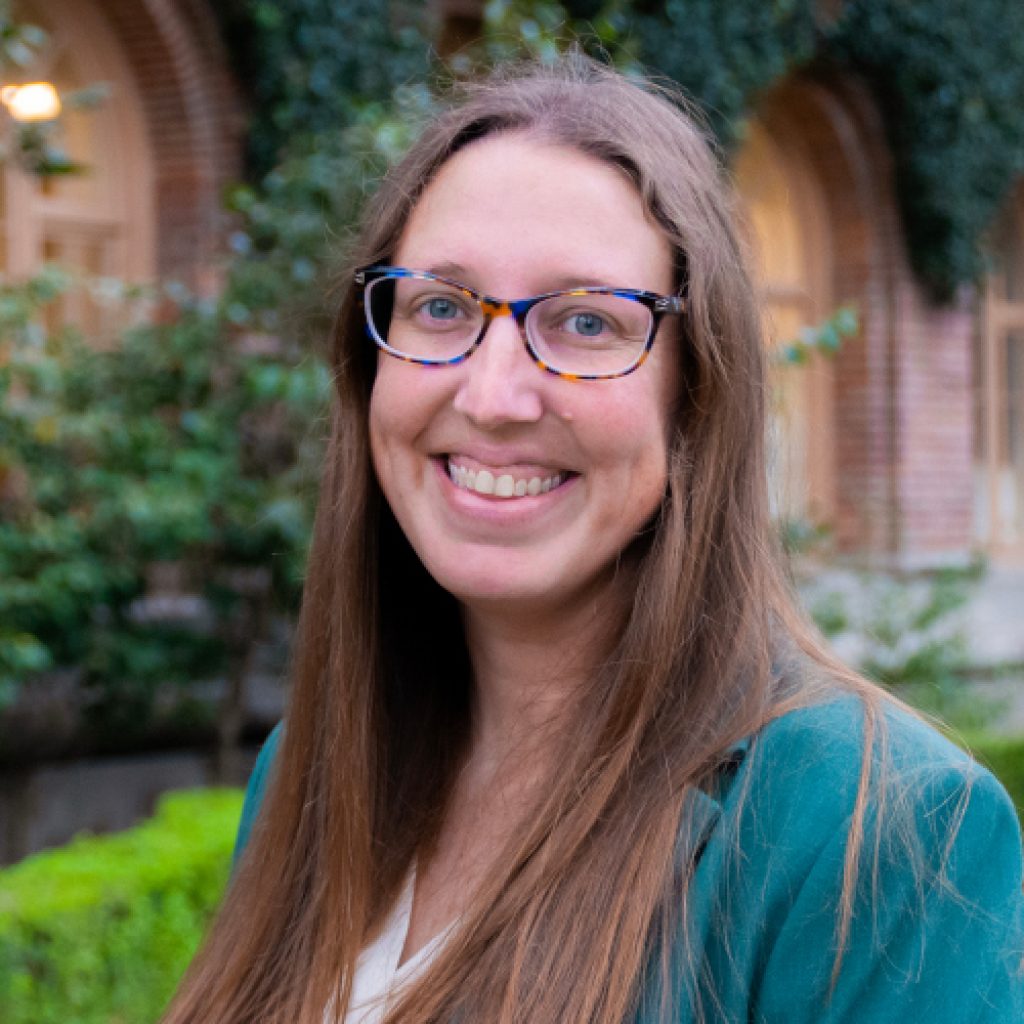
2/13/24 at 4:00pm in Chemistry A101
About the Seminar: As we strive to support our busy and demanding lifestyles, our dependence on disposable polymer items has led to a global environmental crisis. The high stability of polymers to an array of conditions that was once highlighted as a value for commercialization has now become a serious flaw. Addressing this crisis is […]

11/14/23 at 4:00pm in Chemistry A101
Abstract – TBD

11/14/23 at 4:00pm in Chemistry A101
Abstract: As the demands for energy generation continue to increase, clean energy technologies are crucial. A key component to many of these technologies is the use of permanent magnets (PMs). In the development of PMs, there is a push to move away from the rare earth elements (REEs) commonly used for cheaper, more abundant transition […]

10/31/23 at 4:00pm in Chemistry A101
Abstract: A key interest in chemical synthesis research is the conversion of less desirable resources to value-added products.[1] Hydrogen peroxide is an increasingly valuable feedstock with applications as an antiseptic agent and wastewater treatment aid, a strong oxidant for chemical synthesis, and even an energy-dense catholyte for fuel cell applications.[2,3] Current synthesis methods for hydrogen […]

10/31/23 at 4:00pm in Chemistry A101
Abstract: Gold nanoclusters (AuNCs) are ideal models to study structure-property relationships due to their atomically precise compositions. Understanding this relationship is important for further explorations in photoluminescence and photocatalysis, which are highly relevant to industrial and academic work. The properties of AuNCs are mainly impacted by their ligand shells, the compositions of which are primarily […]
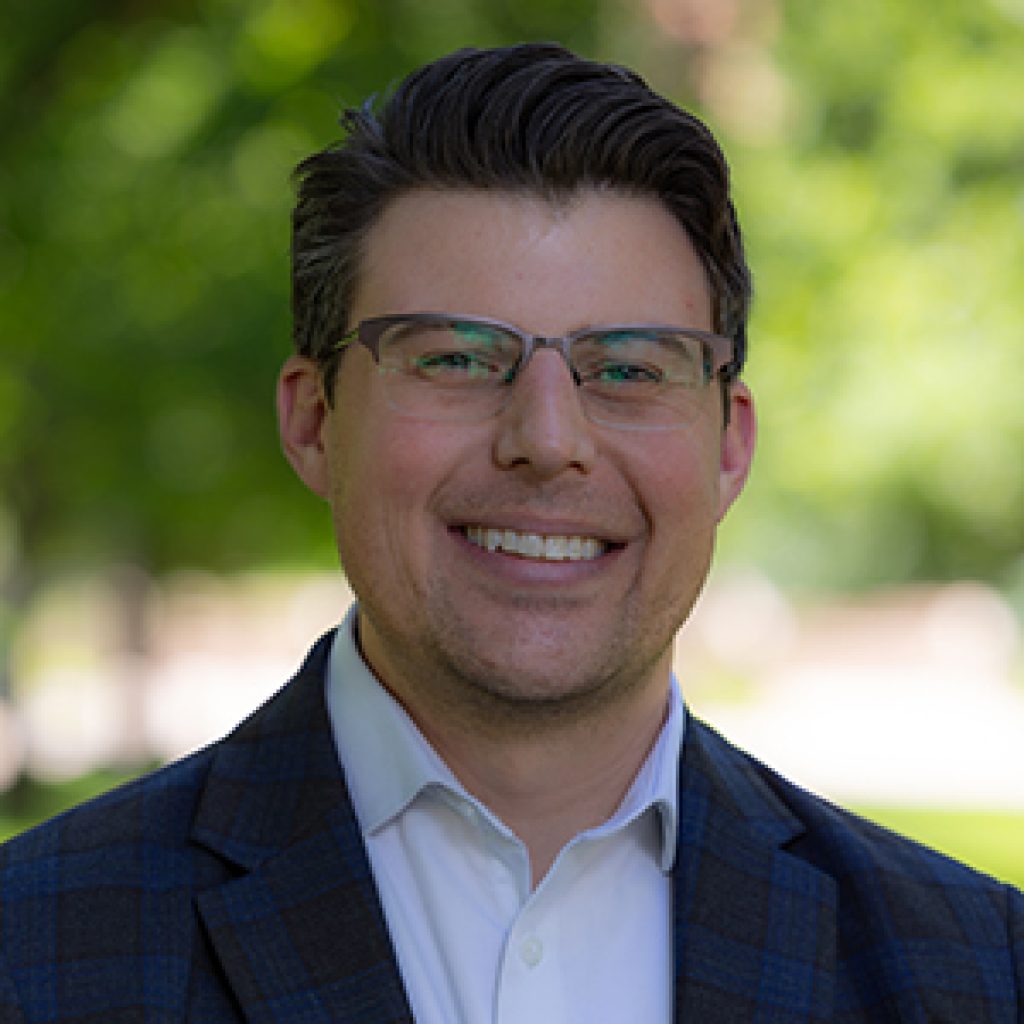
10/24/23 at 4:00 pm in Chemistry, A101
Abstract: Synthetic permanently porous materials are poised to play a key role in our transition to a more sustainable society. Owing to their structural and chemical modularity, synthetic frameworks, such as metal–organic, covalent, and hydrogen-bonded networks, are uniquely amenable to realizing highly specific functionality for emergent clean energy applications. However, desired performance for many pressing […]
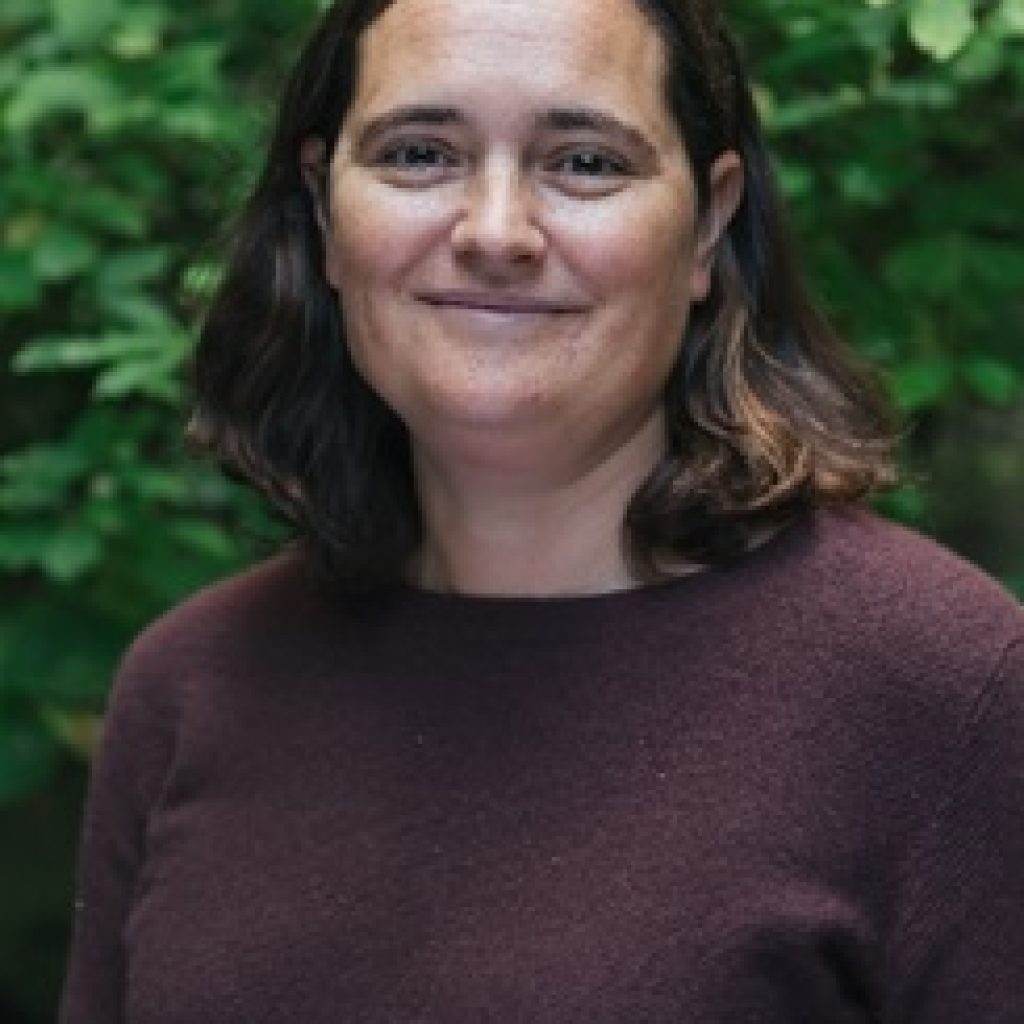
10/19/23 at 4:00 pm in Chemistry, A101
About the Seminar: Polymers are some of the highest volume products of the chemical industry but their manufacturing, use and disposal causes pollution. Production alone is responsible for > 1 Gt/annum of carbon dioxide emissions, ~ 3 x more than the annual emissions of the UK. Recycling options are limited and environmental contamination by legacy […]

10/17/23 at 4:00pm in Chemistry A101
Abstract: Despite the wide range of applications of nanoparticles, the tunability of properties and synthesis of novel materials are limited due to reaction pathways often being poorly understood. Developing an understanding of how precursors transform into active species or monomers is essential to establish targeted synthetic designs but is difficult to predict the participating species […]

10/10/23 at 4:00pm in Chemistry A101
Abstract: The Interactive Network of Inorganic Chemists (IONiC) has worked with inorganic chemistry instructors across the country through a two-year Fellows program. IONiC’s research with the Fellows aims to provide insight into how course reform impacts student learning. Data was collected from student surveys, student responses to content-based questions, student exam performance, faculty interviews, and […]
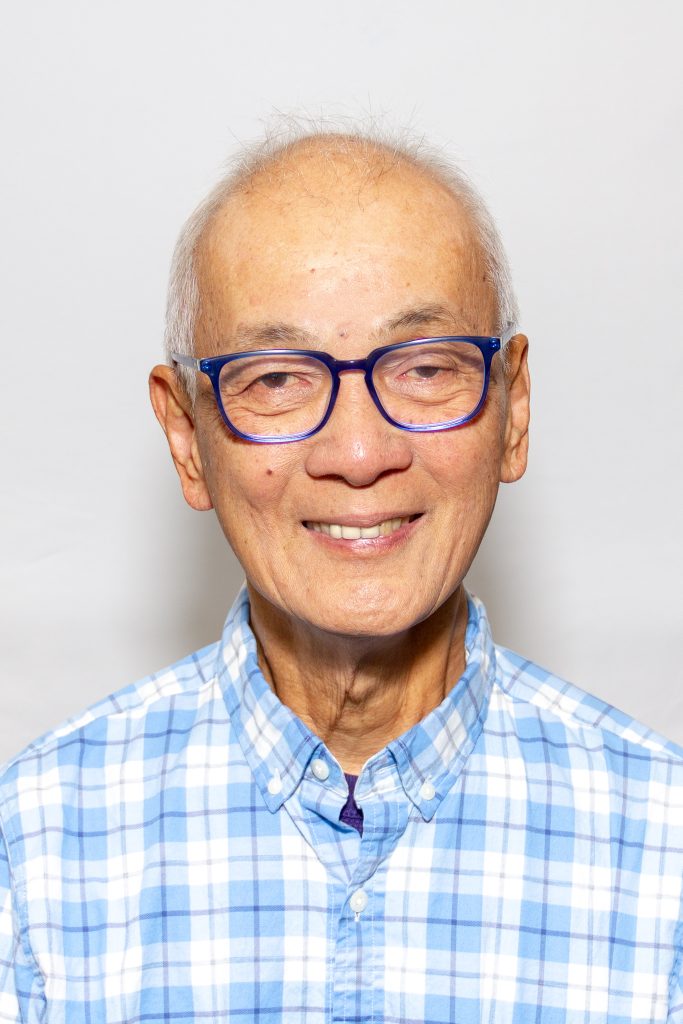
10/3/23 at 11:00 am in Lory Student Center Theatre
RSVP Abstract: At the start of my independent research career 46 years ago, I chose to explore the chemistry of a family of nonheme iron oxygenases, which had just been discovered a few years before I got started at Cornell. In this family is the only enzyme known to hydroxylate the simplest hydrocarbon, methane, which is found in […]
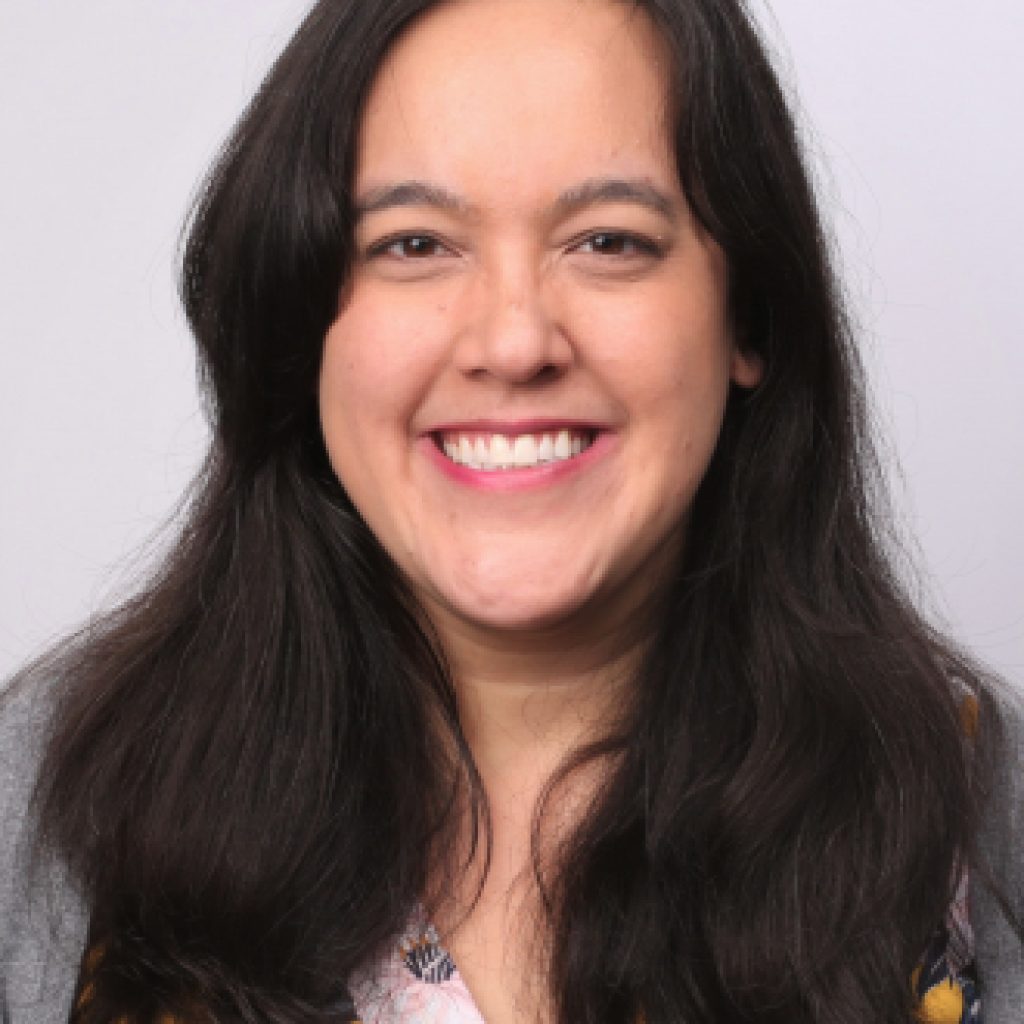
10/3/23 at 4:00 pm in Chemistry, A101
Abstract: New Delhi Metallo-β-lactamase (NDM) grants resistance to a broad spectrum of β-lactam antibiotics including last-resort carbapenems and is emerging as a global antibiotic resistance threat. Limited zinc availability adversely impacts the ability of NDM-1 to provide resistance, but a number of clinical variants have emerged that are more resistant to zinc scarcity. To provide […]
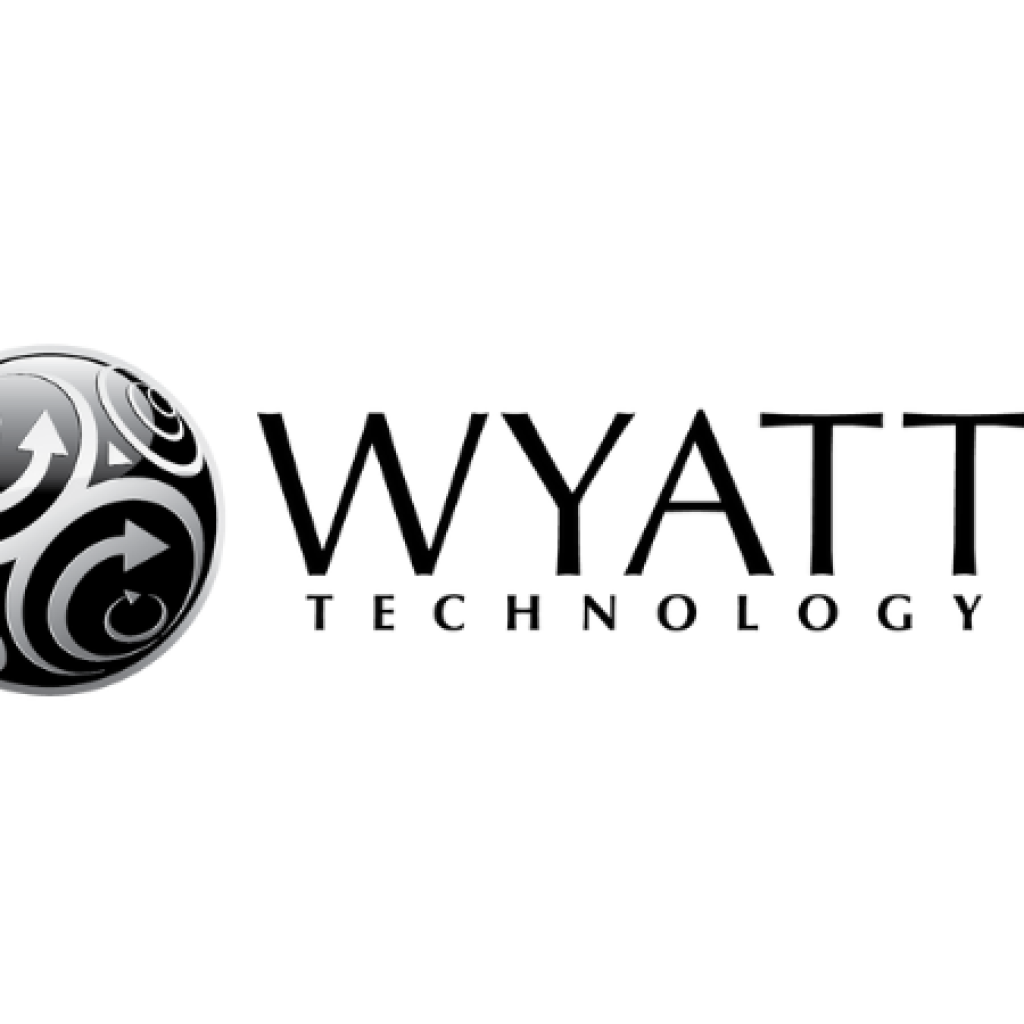
9/19/23 at 1:00pm in CHEMR 401
Event Overview: Multi-angle light scattering (MALS) remains a critical tool for characterization of polymers. In combination with separation by size-exclusion chromatography (SEC), MALS enables determination of molar mass distributions without relying on reference standards, making it invaluable for the analysis of polymers for which such standards do not exist, including novel homopolymers, block copolymers, and […]
9/8/23 at 4:00pm in Chemistry A101
Abstract: Batteries have transformed our daily lives and hold the key to a low carbon future. Yet, current Li-ion chemistries are approaching their theoretical performance limit. Remarkably, we continue to rely on a limited subset of Li-ion battery materials –– most commercial cathodes derive from LiCoO2 developed in 1980 –– that cannot meet our ever-growing need […]
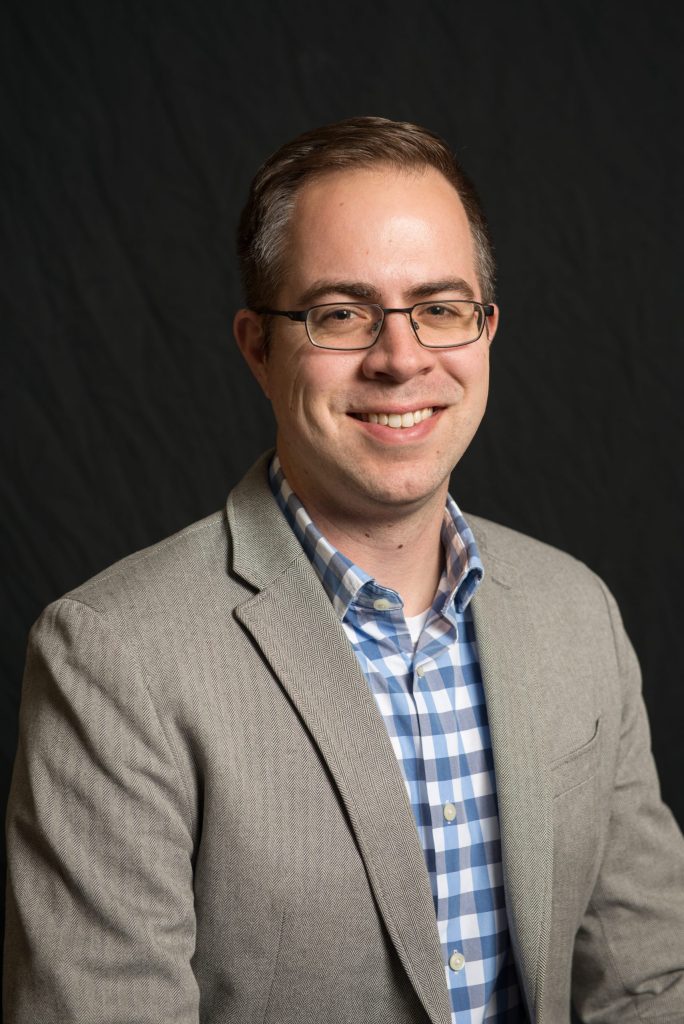
5/30/23 at 4:00 pm in Chemistry, A101
Abstract: My group is a physical inorganic chemistry group devoted to understanding how to control spin (unpaired electrons and magnetic nuclei) with synthetic, molecular inorganic chemistry. Broadly, our efforts are largely fundamental, exploring how different functional groups, counterions, etc, all manipulate magnetic properties, much like a synthetic chemist would tune a molecule to target a desired reactivity. […]
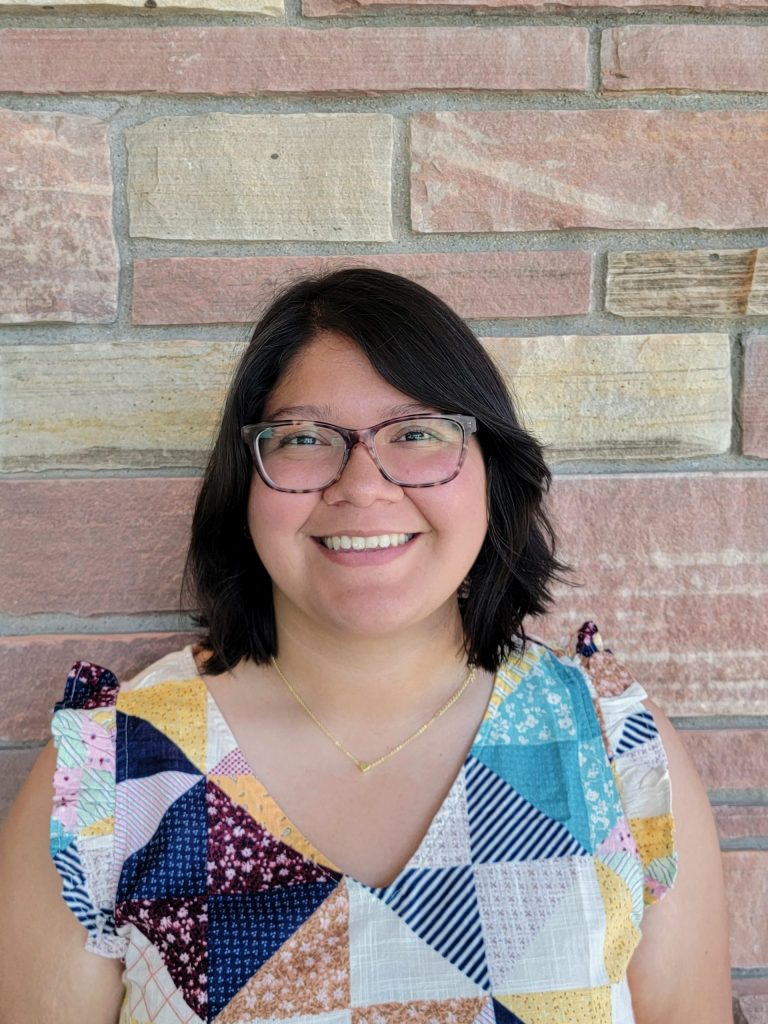
5/2/23 at 4:00pm in Chemistry A101
Research Seminar- Metal complexes are promising candidates for spin applications spanning from magnetic resonance imaging to quantum information processing. A key challenge in advancing these applications is fundamentally understanding how to generate long spin relaxation times (T1, T2) in magnetic environments. A major contributor to this challenge is the presence of other magnetic nuclei in […]

4/25/23 at 4:00pm in Chemistry A101
About the Seminar The context in which a metal resides within a biological environment significantly influences its activity in function. Recent years have seen a rise in tools for monitoring metal ions and have illuminated the diversity in metal speciation in biology, but many of these tools are focused on probing metals in the intracellular […]

4/11/23 at 4:00pm in Chemistry A101
About the Seminar On the nanoscale, magnetic order gives way to a fundamentally different behavior, enhancing the role of phonon coupling and giving rise to superparamagnetism, a distinct behavior combining the large moment of collective permanent magnetism with the equilibrium kinetics of paramagnetism. Superparamagnetism has rich functionality, finding applications at the intersections of diverse fields […]
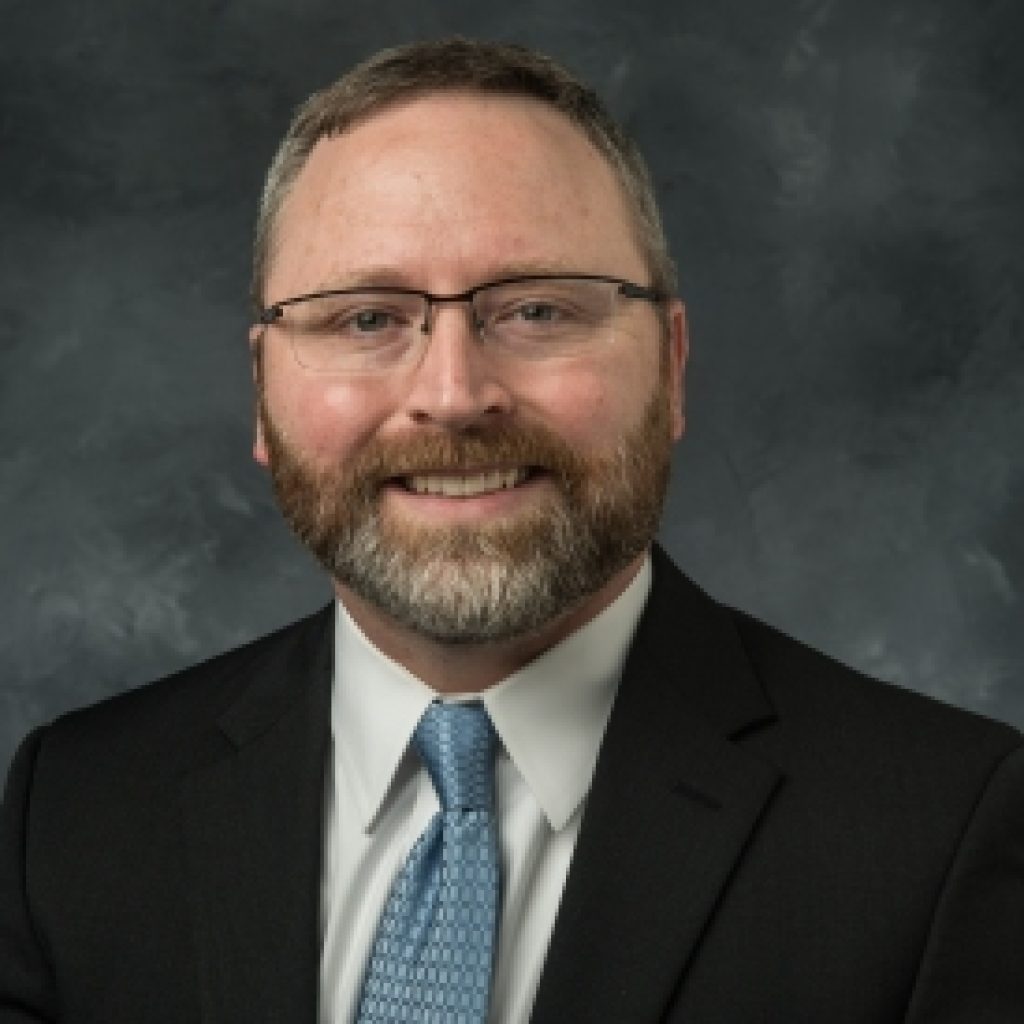
3/28/23 at 4:00 pm in Chemistry A101
About the Seminar Tandem catalysts that catalyze two different organic transformations in a single pot are highly desirable because they enable atom-efficient, multi-component assembly of complex molecules from simple building blocks. Tandem one-pot reactions collapse the synthesis timeline, limit material loss, and can reduce operational costs because they do not require workup and purification after […]
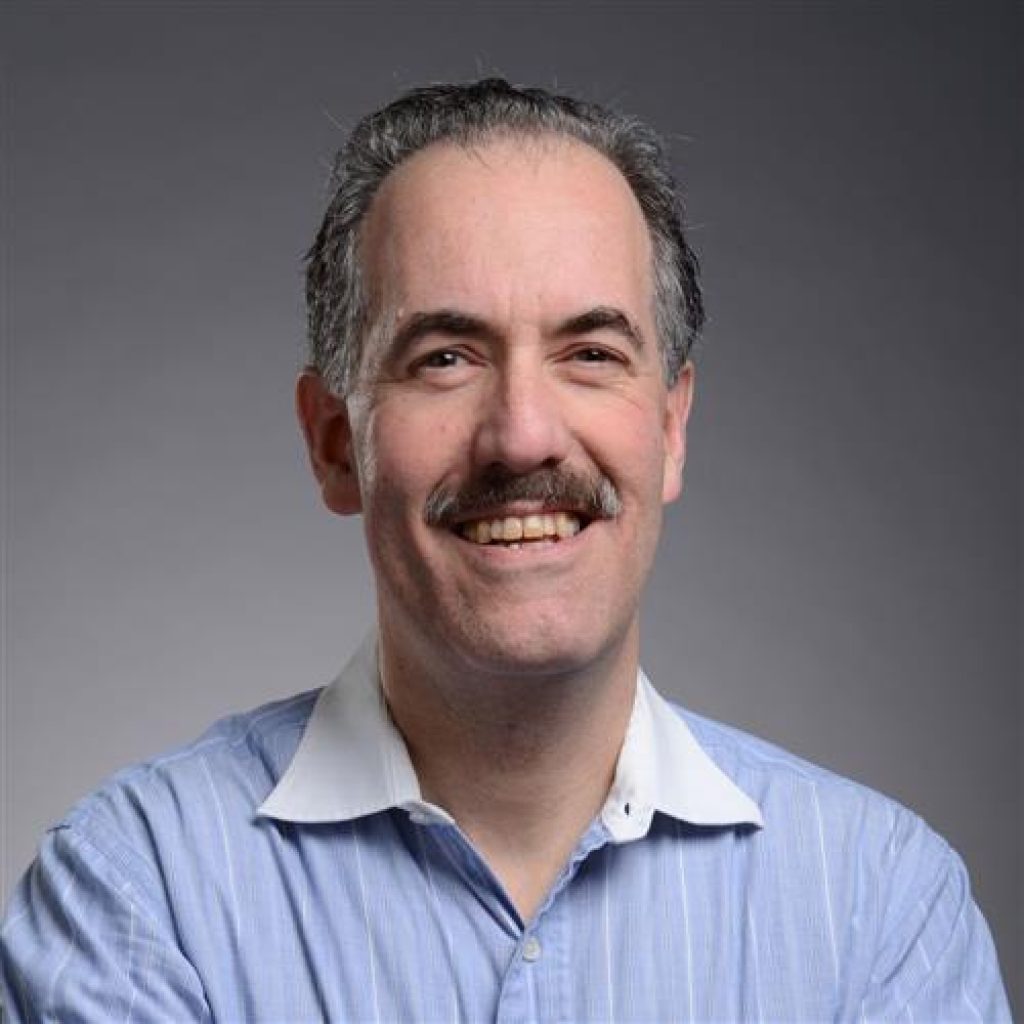
11/29/22 at 4:00pm in Chemistry A101
About the Seminar Molecular complexes of early transition metals are of interest as catalysts for the production of fine chemicals or polymers. One important feature of some such complexes is their paramagnetism, which can be studied by nuclear and electron paramagnetic resonance (i.e., NPR and EPR) spectroscopy. In cases where there is more than one […]
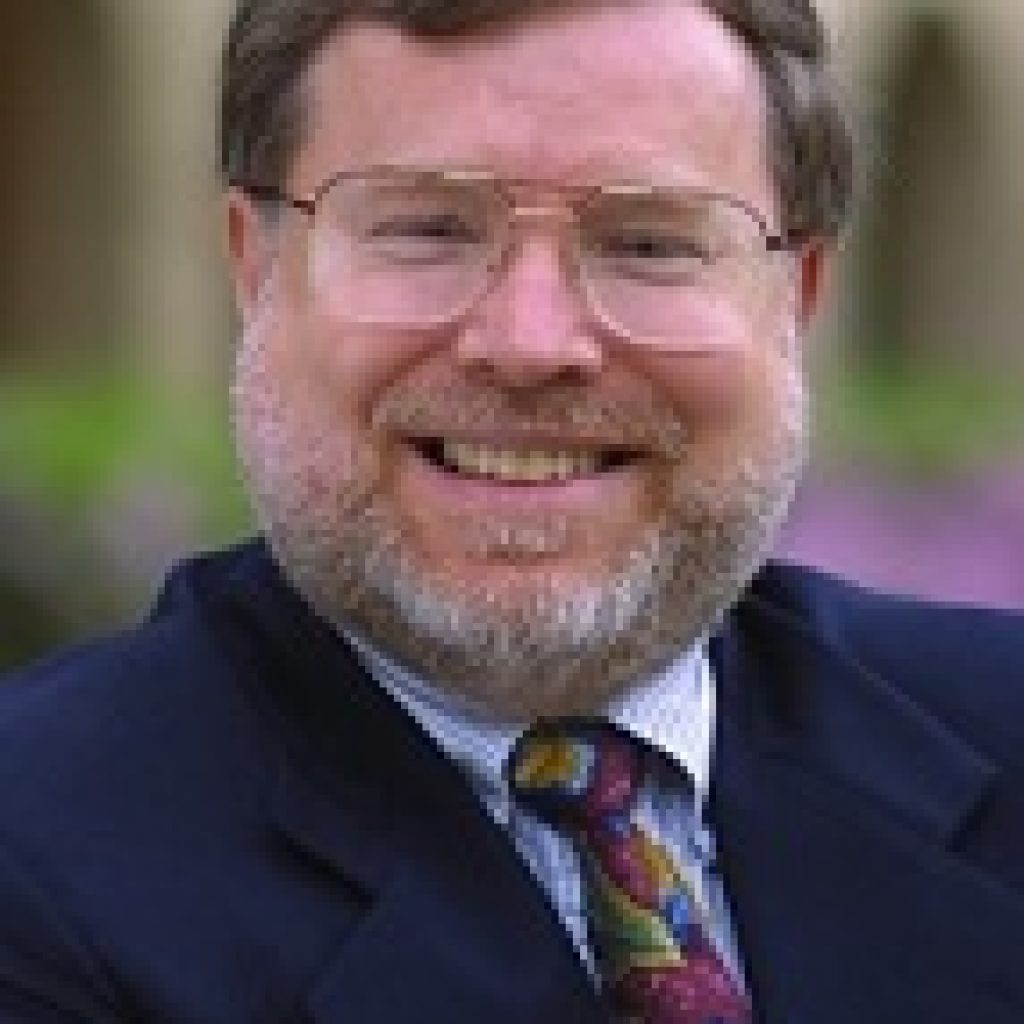
11/14/22 at 4:00pm in Chemistry A101
Join us for the November Colorado ACS Meeting What to Do When Your Published Results Are Questioned Presentation by: Dr. George Stanley Colorado State University & Louisiana State University Chair-Elect of Colorado Section of ACS Monday, Nov. 14, 2022, 4:00 pm, A101 Colorado State University 1301 Center Ave., Fort Collins, Colorado 80523 About the […]
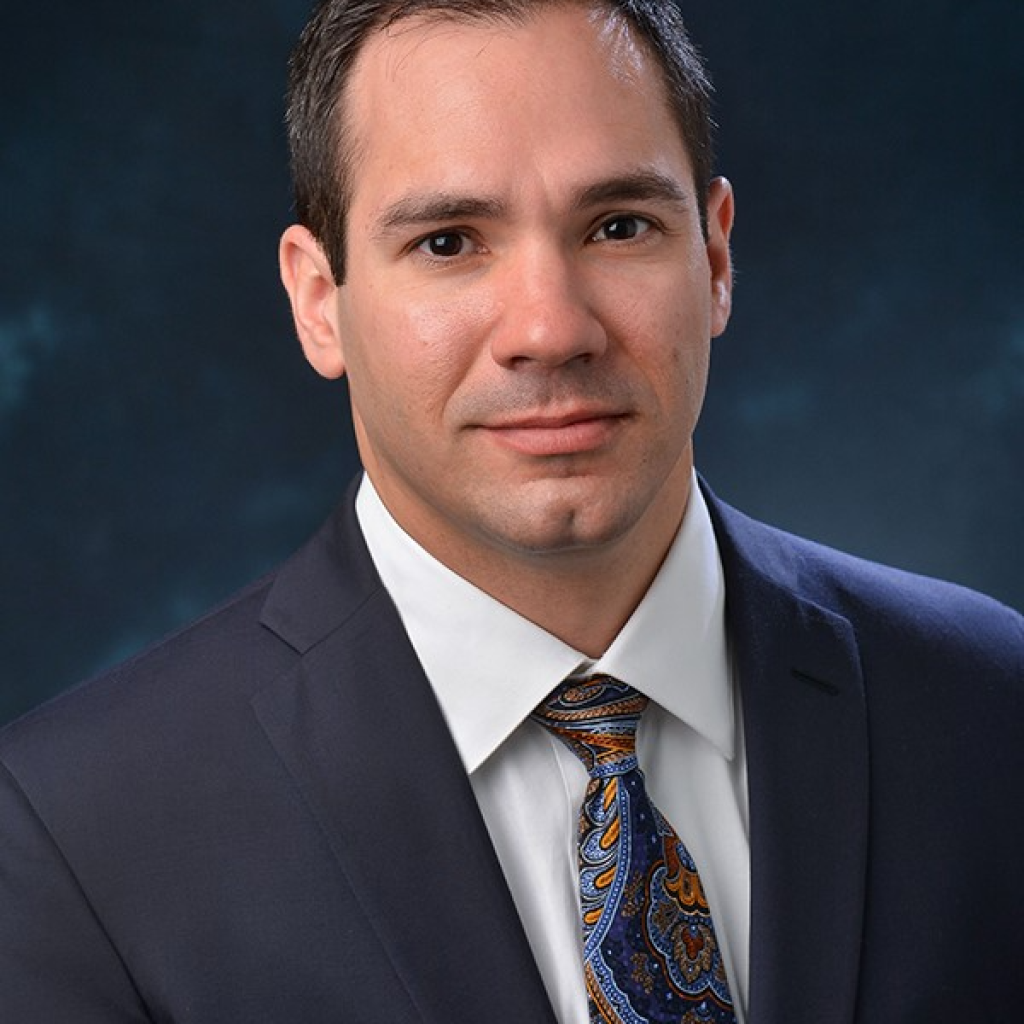
10/25/22 at 4:00pm in Chemistry A101
About the Seminar: Widespread adoption of renewable energy is limited by the lack of low-cost long-duration energy storage. Redox flow batteries (RFBs) are an attractive option to meet this energy storage need because their power and energy components can be scaled independently by storing energy with redox-active materials dissolved in solution. To date, RFB electrolytes […]

10/24/22 at 1:00pm in Yates 102/103
Informal Inorganic Seminar
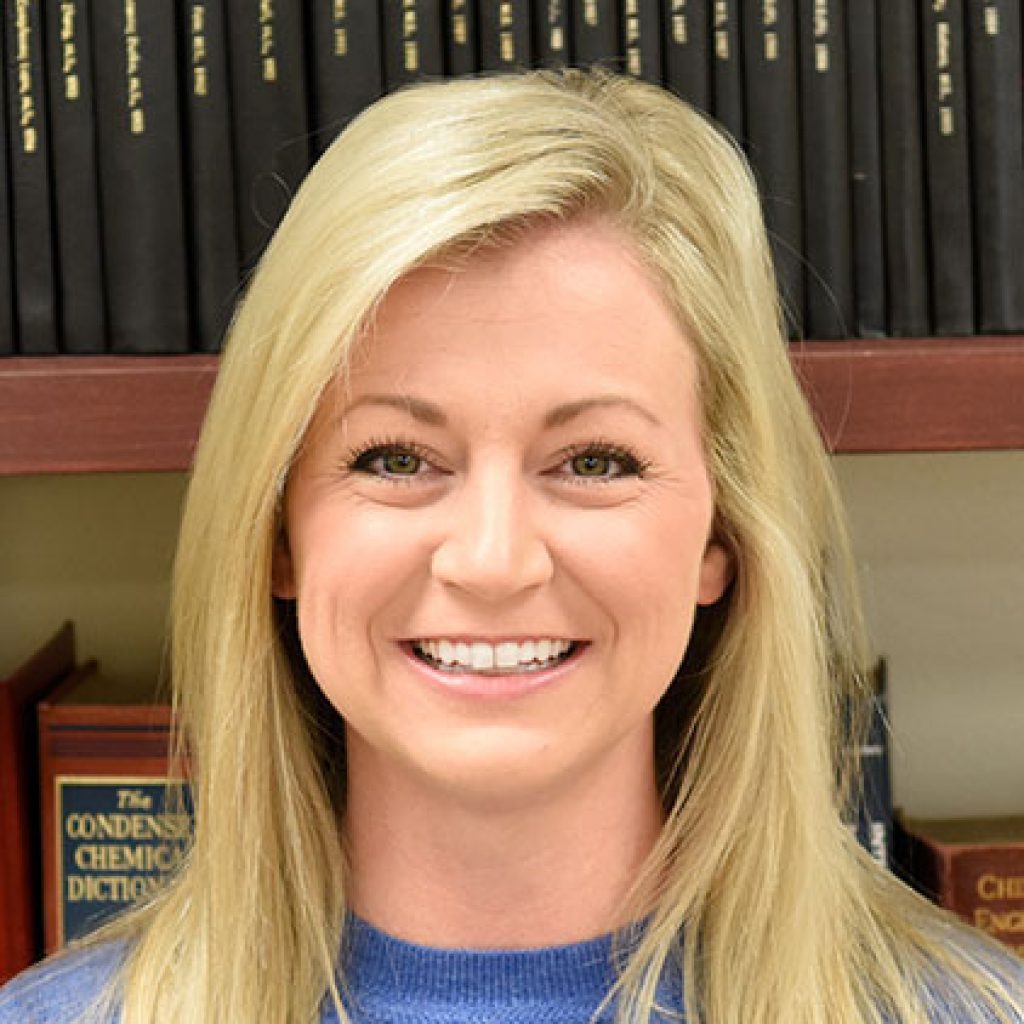
10/11/22 at 4:00pm in Chemistry A101
About the Seminar: First row transition metals present opportunities for the discovery of novel catalytic transformations enabled by their distinct reactivity. Iron complexes are especially attractive as transition metal catalysts given that iron is generally nontoxic and is the most abundant d-block metal in the Earth’s crust. Research in the Neely focuses on the development […]
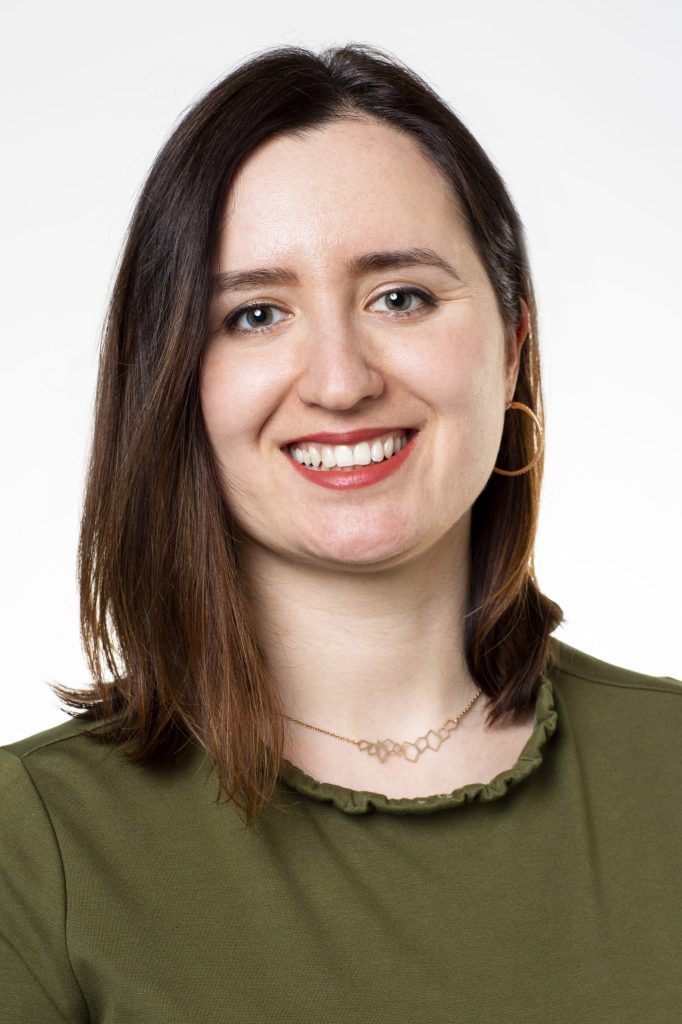
9/27/22 at 4:00pm in Chemistry A101
About the Seminar A central research goal in the Velian group is to create next-generation single atom catalysts poised to harness the cooperativity between the active site and chemically non-innocent supports. To emulate defect sites in inorganic heterogeneous catalysts in a controlled fashion, we embed well-defined active sites on the surface of clusters and 2D […]

9/20/22 at 4:00pm in Chemistry A101
About the Seminar: Control of electronic spin relaxation, via synthetic chemistry, is an important area of research for quantum information technology and next-generation medical imaging techniques. In particular, when considering the electronic relaxation of discrete molecules, the local environment (including nearby spins) plays a significant role in the rate at which spins relax. In this […]
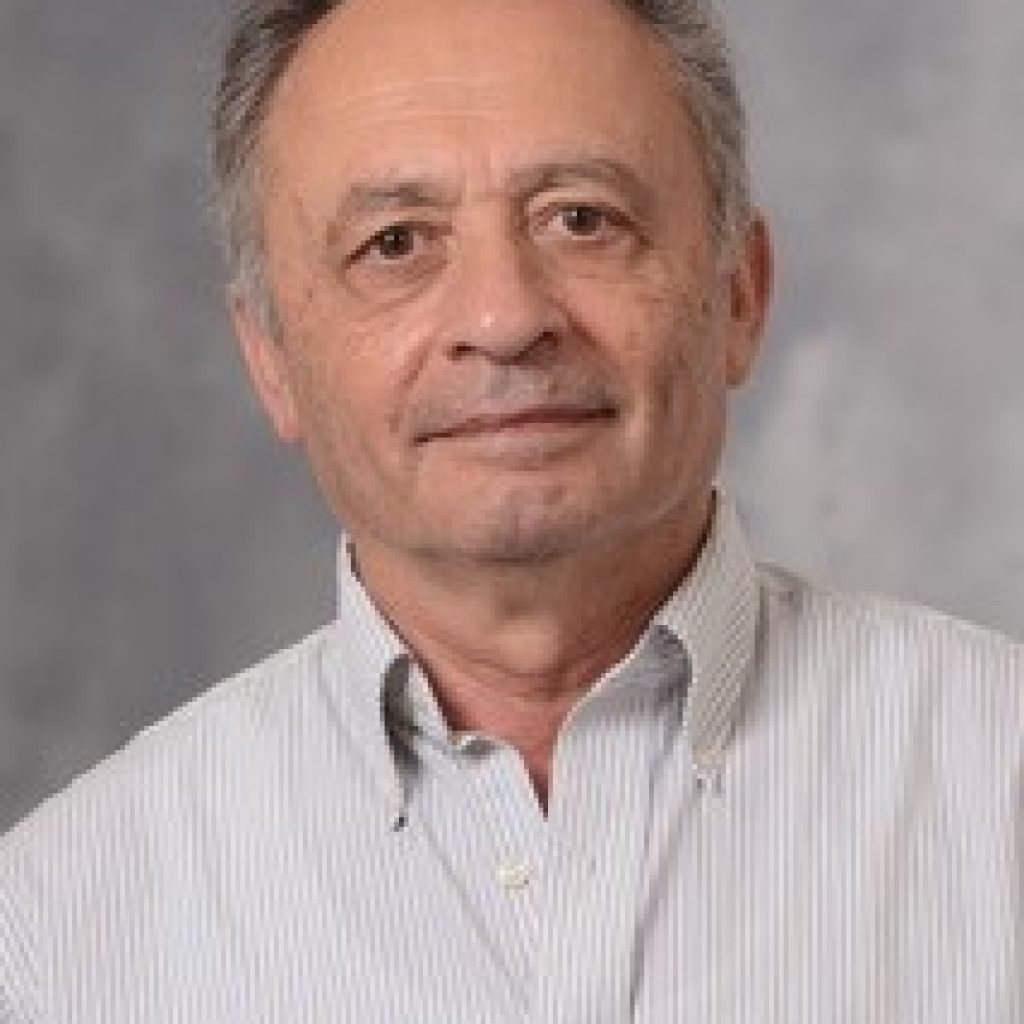
9/13/22 at 4:00pm in Chemistry A101
A Boulder Scientific Distinguished Lecture About the Talk: Design and development of sustainable, environmentally benign catalytic reactions for organic synthesis and for energy-related processes are major goals of current catalysis. We have developed new efficient, environmentally benign reactions catalyzed by pincer-type transition metal complexes, including complexes of earth-abundant metals. Several of these reactions either produce […]
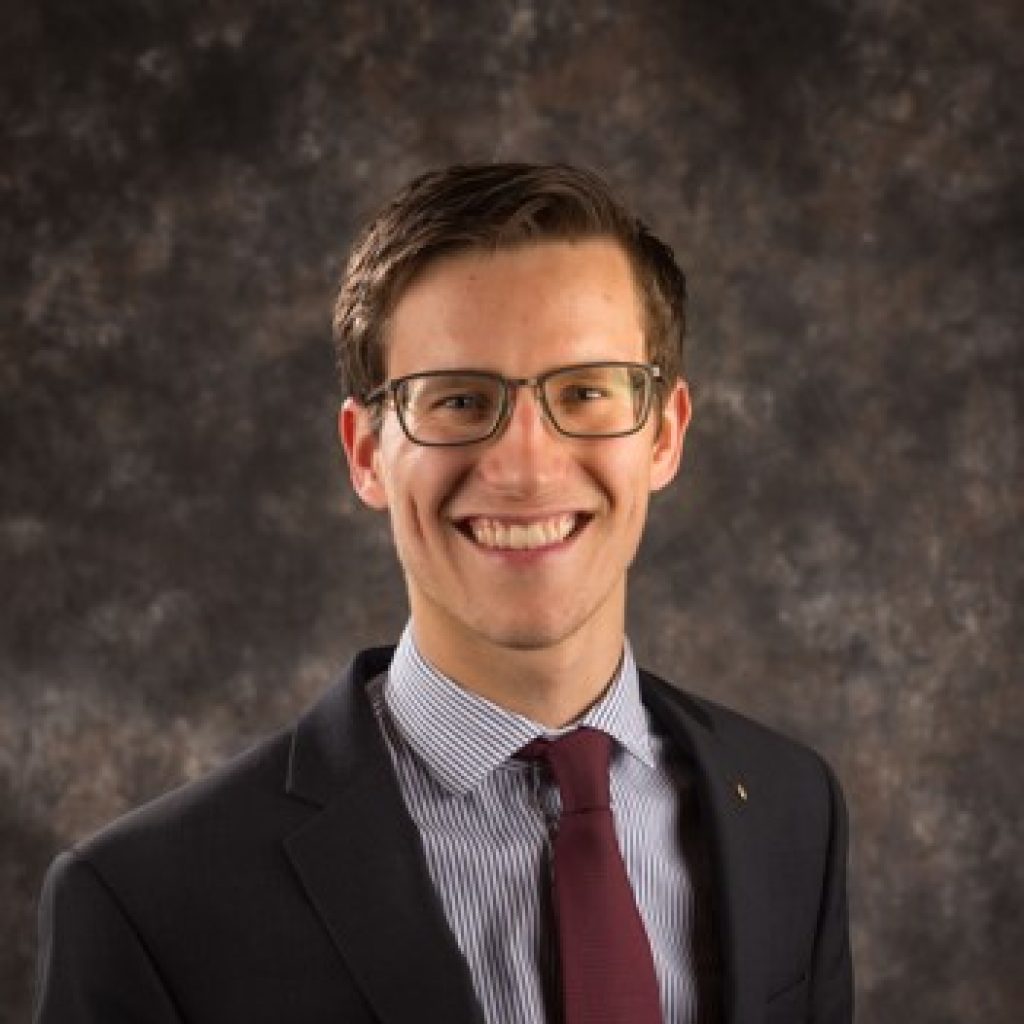
4/26/22 at 4:00pm in Chemistry A101
Visiting Scientist Seminar About the Seminar: The synthesis of inorganic materials, particularly via solid-state routes, often results in unexpected and/or unwanted product phases. While these phases are typically referred to as “kinetic” products, their formation can often be rationalized through careful application of thermodynamics at solid interfaces within an “open” framework, where chemical potentials of […]

4/19/22 at 4:00 PM in Chemistry A101
About the Seminar: Electron Paramagnetic Resonance Imaging (EPRI) stands to vastly improve the capabilities of non-invasive medical imaging techniques by harnessing the sensitivity of electronic spins. In order for this technique to reach viability, a fundamental understanding of how to design the necessary imaging agents is imperative. Much research has been conducted into EPRI imaging […]

3/29/22 at 4:00 pm in Virtual Seminar - Zoom
About the Seminar: A significant body of research is focused on student understanding of chemical concepts, particularly in general chemistry, organic chemistry, and biochemistry. Few investigations have focused on more advanced courses. As part of the VIPEr Fellows project to study foundation-level inorganic chemistry courses, faculty from eighteen institutions used a series of open-ended questions […]

2/15/22 at 4:00 PM in Chemistry A101
Unlike higher spin systems, the source of slow magnetic relaxation in S = ½ single molecule magnets is non-intuitive. Herein the magnetic and structural properties of several low spin Ni(III) systems are investigated in attempt to understand why such a system is able to undergo slow magnetic relaxation. Analyses of a bisulphate containing system suggest […]
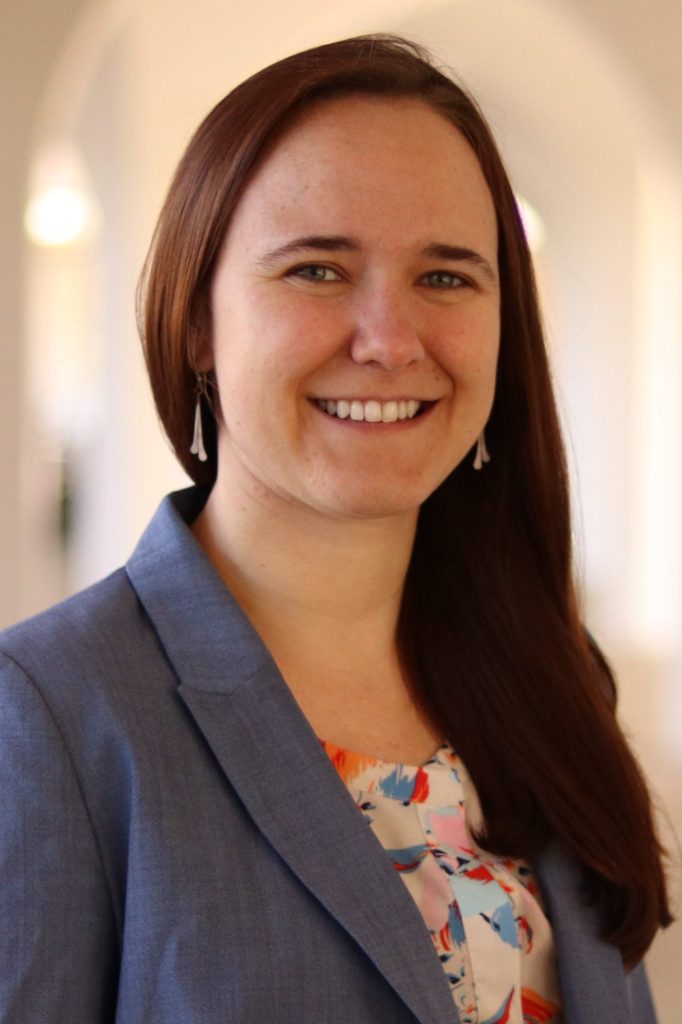
2/8/22 at 4:00 pm in Chemistry A101
About the Seminar: This talk will cover research being conducted in the Schimpf Lab, which focuses on solution-phase syntheses of inorganic solid-state materials. The talk will contain two parts: colloidal semiconductor nanocrystals and cluster-based coordination assemblies. In the first part, I will discuss the use of colloidal synthesis to access metastable phases of transition metal […]
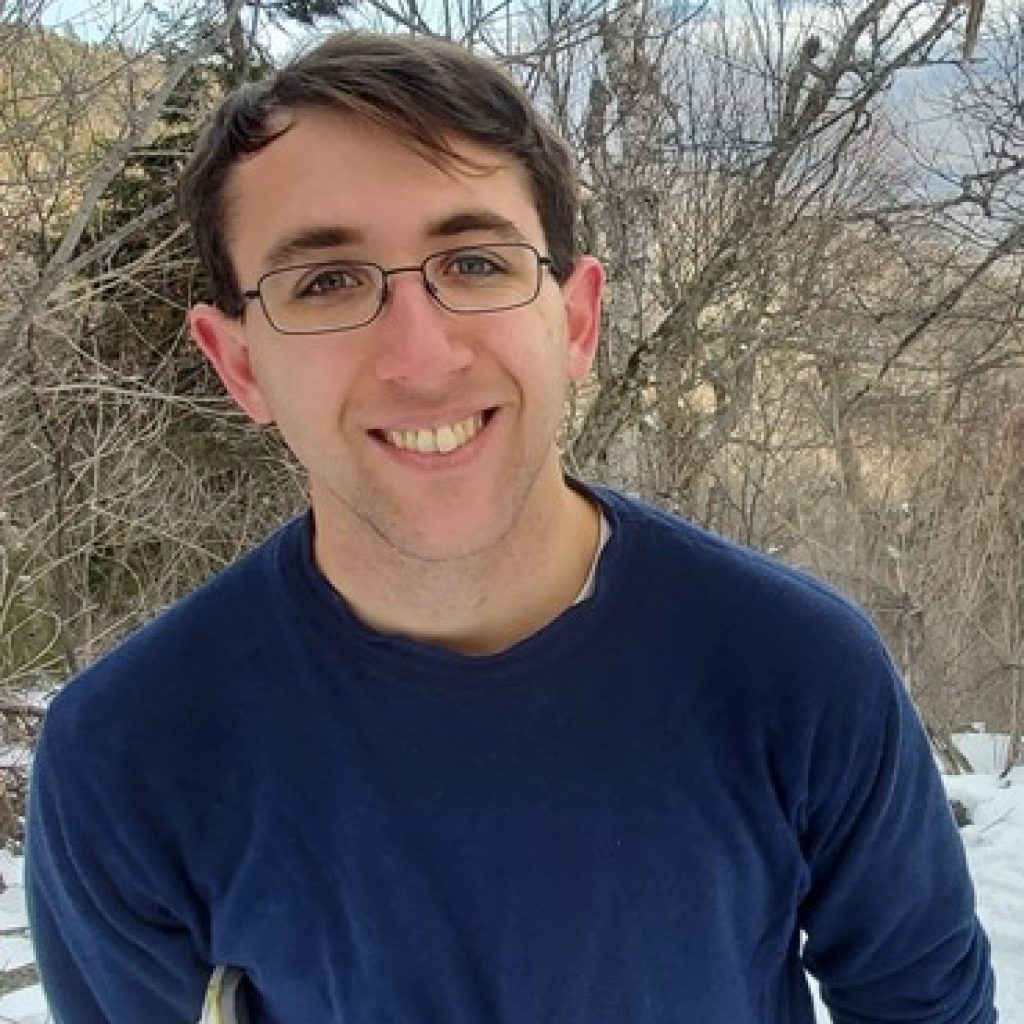
11/9/21 at 4:00 pm in Chemistry A101
Research Seminar: Understanding the physical and chemical behavior of metals is paramount for their development into materials. The frontier of metallurgical research exists at the nanoscale, specifically in the size regime of 1-3 nm where species known as atomically precise clusters predominate. These can be viewed as soluble metallic crystallites with exact formula protected by […]

11/2/21 at 4:00 PM in Chemistry A101
Literature Seminar: Lithium Metal Batteries (LMBs) are an exciting alternative to Lithium-ion Batteries (LIBs) due to the theoretical capacity of Li-metal anodes (3861 mAh/g). Despite this excitement, LMBs are plagued by gross instability during the Li plating/stripping process, which is thought to result from the formation of an unstable Solid-electrolyte Interphase (SEI). Much work has […]
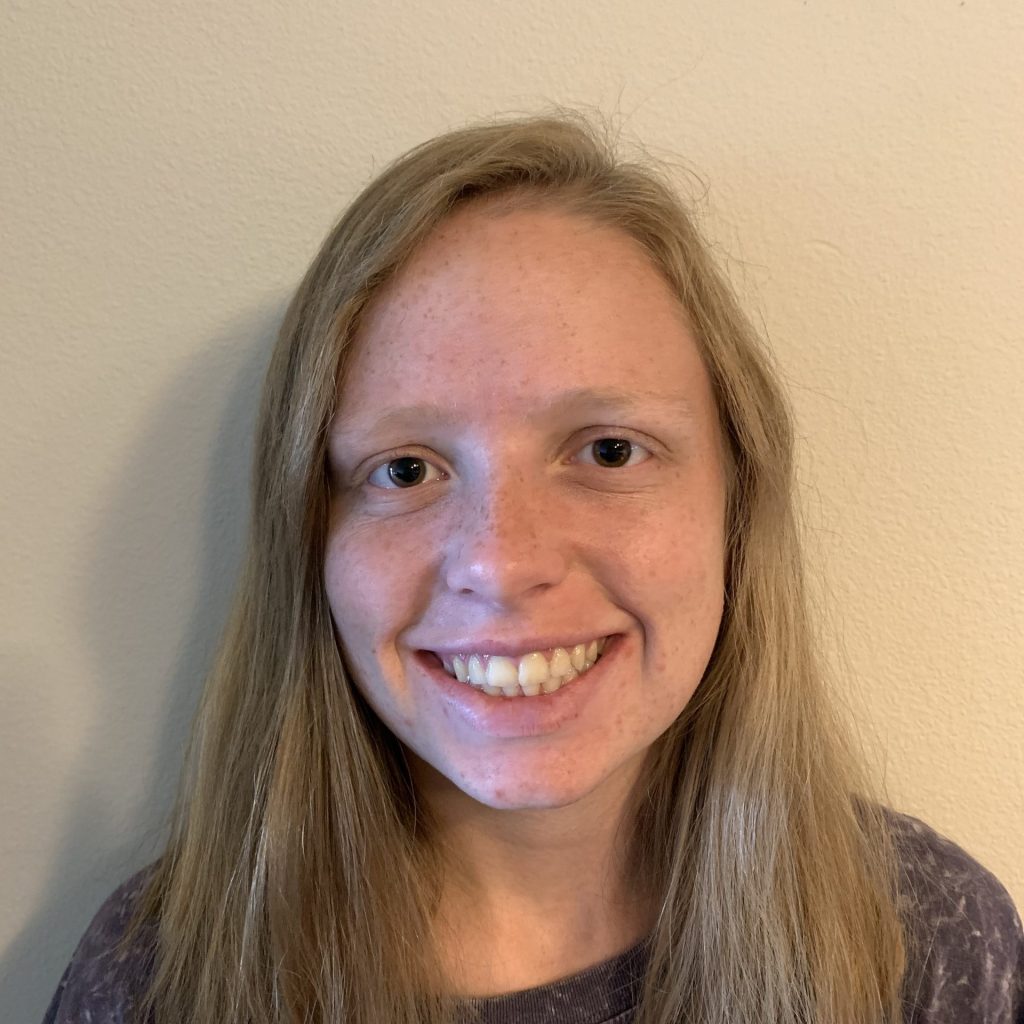
11/2/21 at 4:00 PM in Chemistry A101
Literature Seminar: Oxynitrides and their ability to be synthesized are an important facet in the solid-state chemistry field. Their properties are more tunable than in their single-anion counterparts as anions exhibit different characteristics (i.e. electronegativity) that contribute to the overall properties of the material. However, difficulty in their synthesis arises due to the intrinsic stability […]
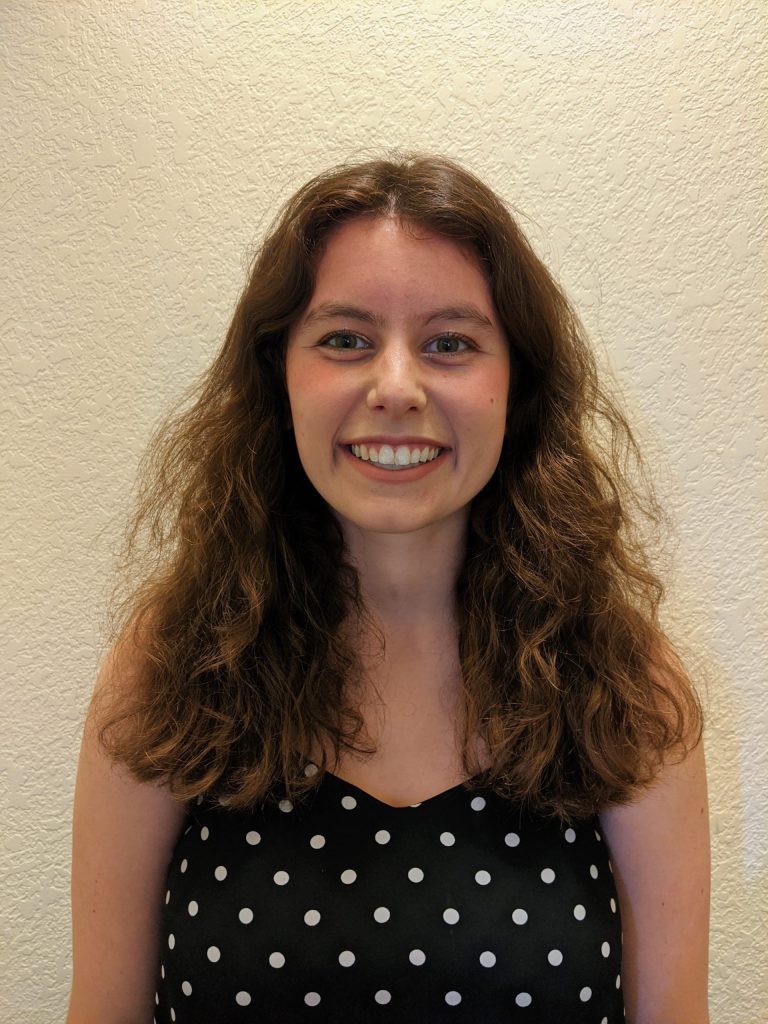
10/26/21 at 4:00 pm in Chemistry A101
Literature Seminar: Achieving luminescence with earth abundant metals at room temperature is a difficult task to this day. Minimal overlap between ligand and 3d orbitals means there are more low energy metal centered states which favor non radiative relaxation back to the ground state rather than luminescence. Prior to a 2020 report1 of the vanadium(III) […]
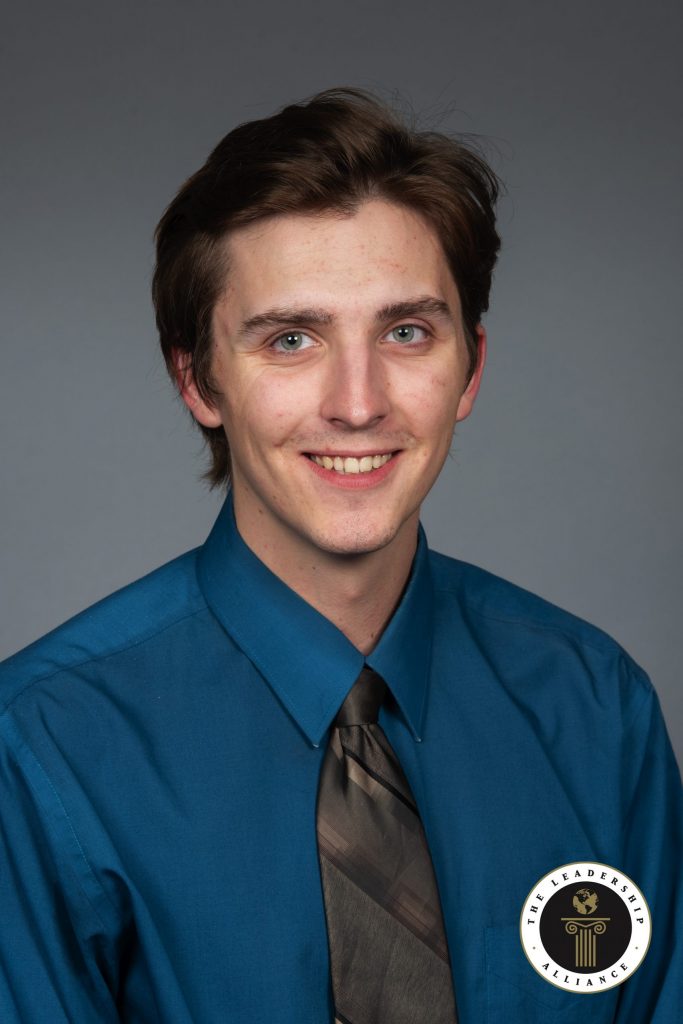
10/5/21 at 4:00 pm in Chemistry A101
Literature Seminar Chalcogen bonding is a non-covalent interaction involving a Lewis acidic chalcogen (S, Se, Te) atom and a Lewis basic nucleophile that largely involves electrostatics, charge-transfer, and dispersion as well as reduction of repulsion to form an interaction that is generally stronger than hydrogen bonding (15-20 kcal mol-1).1 Non-covalent interactions are key functions of ion-transport […]
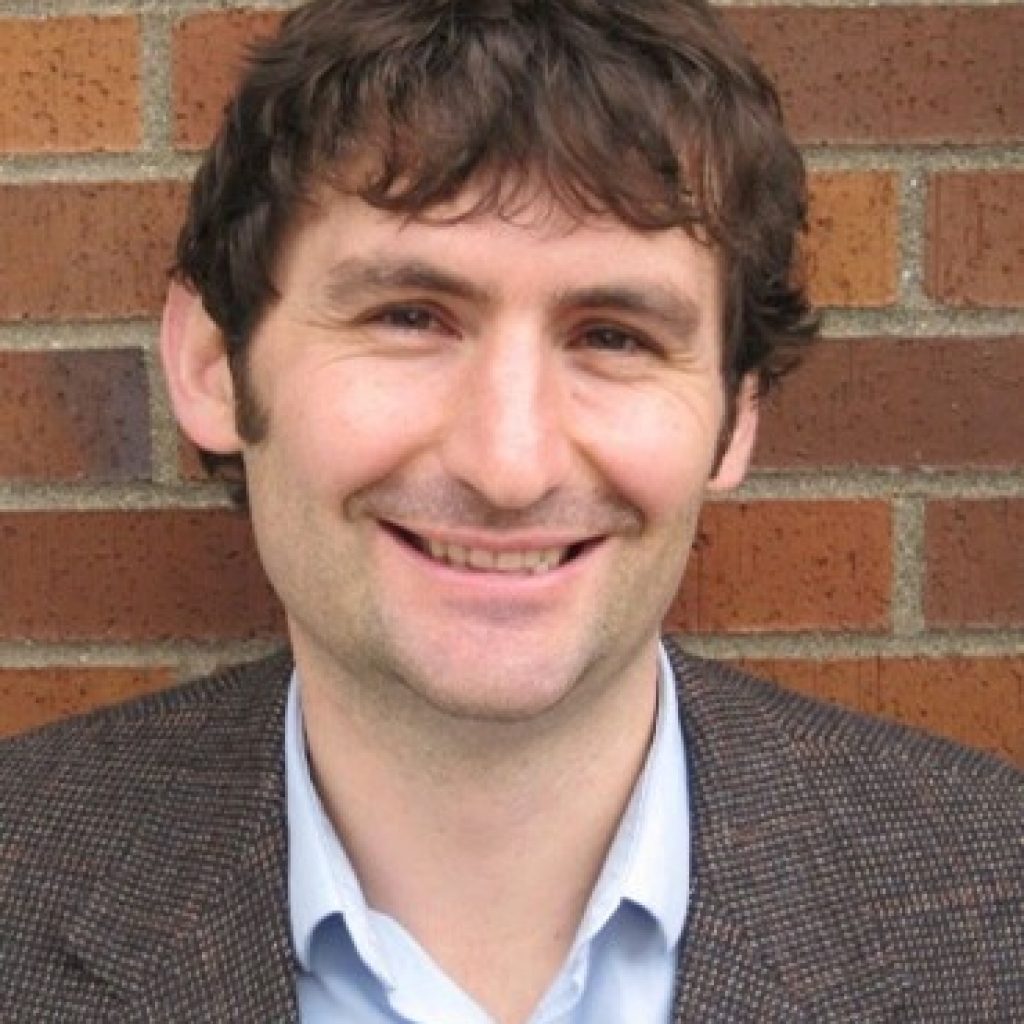
9/14/21 at 4:00 PM in Chemistry A101
About the Seminar: Commercialized membrane electrolyzers use acidic proton exchange membranes (PEMs). These systems offer high performance but require the use of expensive precious-metal catalysts such as IrO2 and Pt that are nominally stable under the locally acidic conditions of the ionomer. I will present our efforts to study and develop alternative electrolysis platforms. First, […]
5/4/21 at 4:00 PM in Virtual Seminar
Research Seminar Achieving control of magnetic relaxation in molecules is an important goal for molecular spintronics, quantum information, and biomedical imaging. The main hurdle to using molecules in the foregoing applications is a lack of fundamental understanding of precisely how the environment modulates spin relaxation times (T1, T2). One part of this challenge is the presence […]

4/27/21 at 4:00 PM in Virtual Seminar
Research Seminar Nanoparticles are used in a variety of areas, such as optoelectronics, medicine, and energy generation and storage. Different applications necessitate nanoparticles of different compositions and morphologies. Thus, developing fine synthetic control over phase and morphology is of interest to the field. Solution-phase nanoparticle synthesis allows control over particle shape and size, though phase […]
4/6/21 at 4:00 PM in Virtual Seminar
Research Seminar Nickel-catalyzed cross coupling reactions driven by light represent a family of promising new methods to furnish carbon-hetoatom (C-N, C-O, and C-S) bonds which are highly sought after in medicinal and process chemistry, as well as in other fields. The development of a novel C-N bond formation method between aryl halides and amines that […]
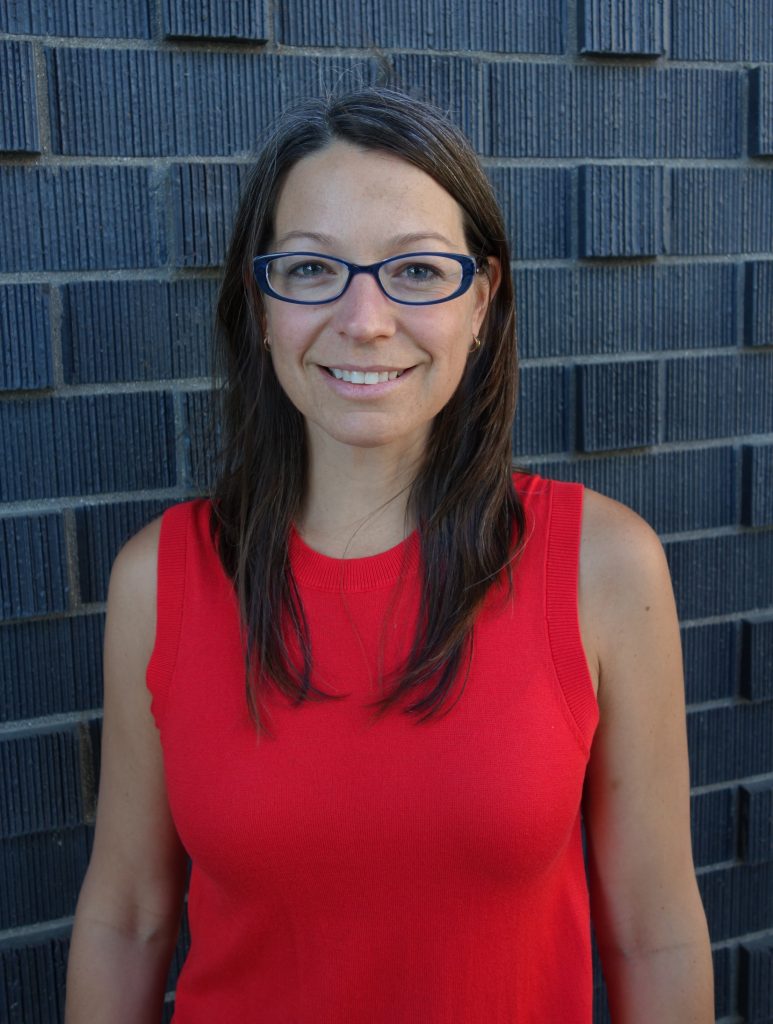
3/16/21 at 4:00 PM in Virtual Seminar
Join Zoom Meeting https://zoom.us/j/91840007092?pwd=ZjN2VDZoYlJzU1ZscXB0SzlrQ1BEUT09 Meeting ID: 918 4000 7092 Passcode: 383641 Join by SIP 91840007092@zoomcrc.com

3/9/21 at 4:00 PM in Virtual Seminar
Research Seminar MR thermometry would enable powerful biomedical applications with the design of novel cobalt-59 spin-base probes. Yet unrealized is the strong temperature dependence of structure-function relationship between ligand and nuclear spin in various cobalt complexes. Herein, a series of Co-N6 complexes is investigated to understand how to control temperature dependent nuclear spin properties of […]
2/23/21 at 4:00 PM in Virtual Seminar
Research Seminar Catalytic generation of nitric oxide (NO) at material surfaces improves implanted medical device performance. Devices containing the metal-organic framework (MOF) [(Cu4Cl)3–(BTTri)8] (CuBTTri) catalyze NO release from the endogenous tripeptide S-Nitrosoglutathione (GSNO). MOFs are hybrid inorganic-organic materials that are promising heterogeneous catalysts due to their tunability, well-defined geometry, porosity, and high surface area. We […]
2/16/21 at 4:00 PM in Virtual Seminar
About the Seminar: Porosity in network solids, including zeolites, activated carbons, and metal-organic frameworks, has been widely interrogated for decades. In molecular metal-organic systems, however, it is a relatively novel phenomenon. This is somewhat surprising given the fact that porous organic cages can display surface areas that rival those of metal-organic frameworks. This talk will […]
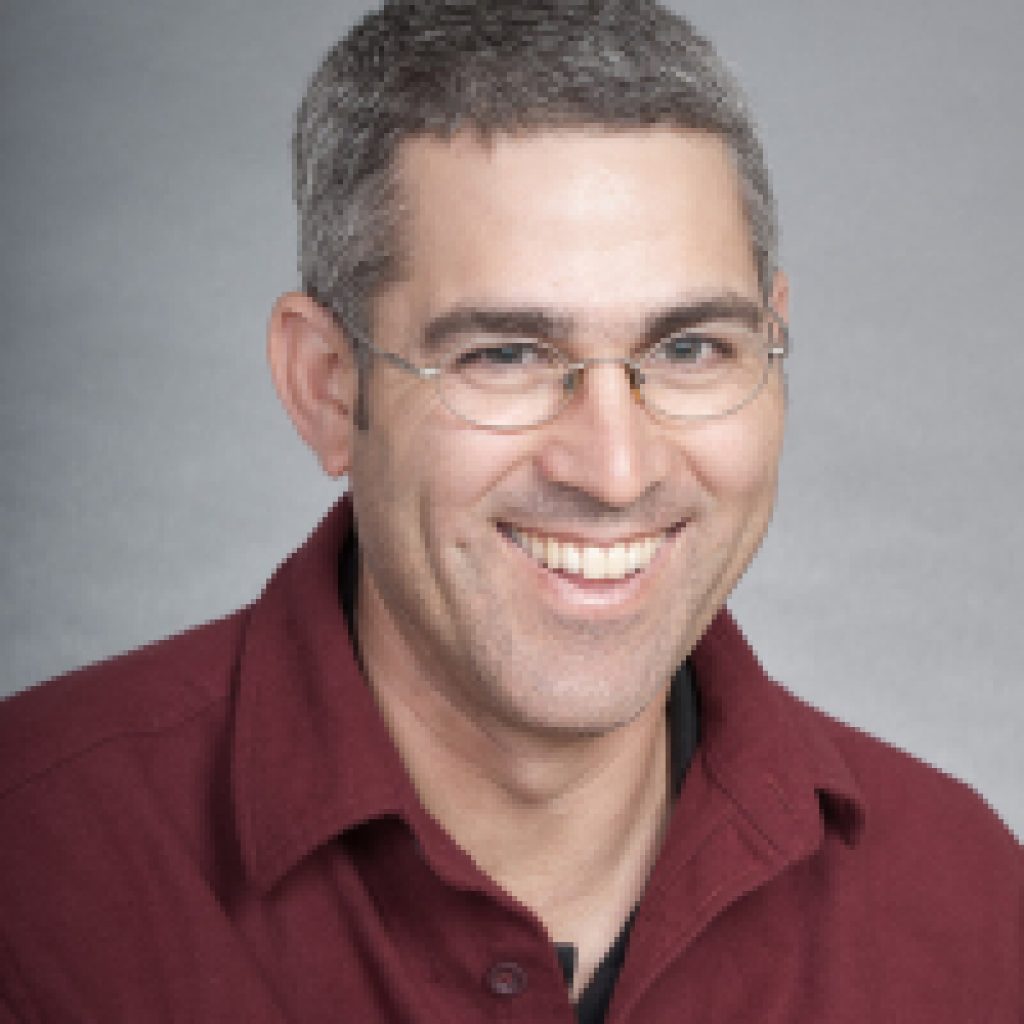
1/26/21 at 4:00 PM in Virtual Seminar
About the Seminar: Yb3+-doped lead-halide perovskites (Yb3+:CsPb(Cl1-xBrx)3) have recently emerged as unique materials combining strong, tunable broadband absorption with near-infrared photoluminescence quantum yields (PLQYs) approaching 200% at ambient temperature. These remarkable properties make Yb3+:CsPb(Cl1-xBrx)3 an extremely promising candidate for spectral shaping in various solar-energy-conversion devices. This talk will describe some of our group’s recent research […]
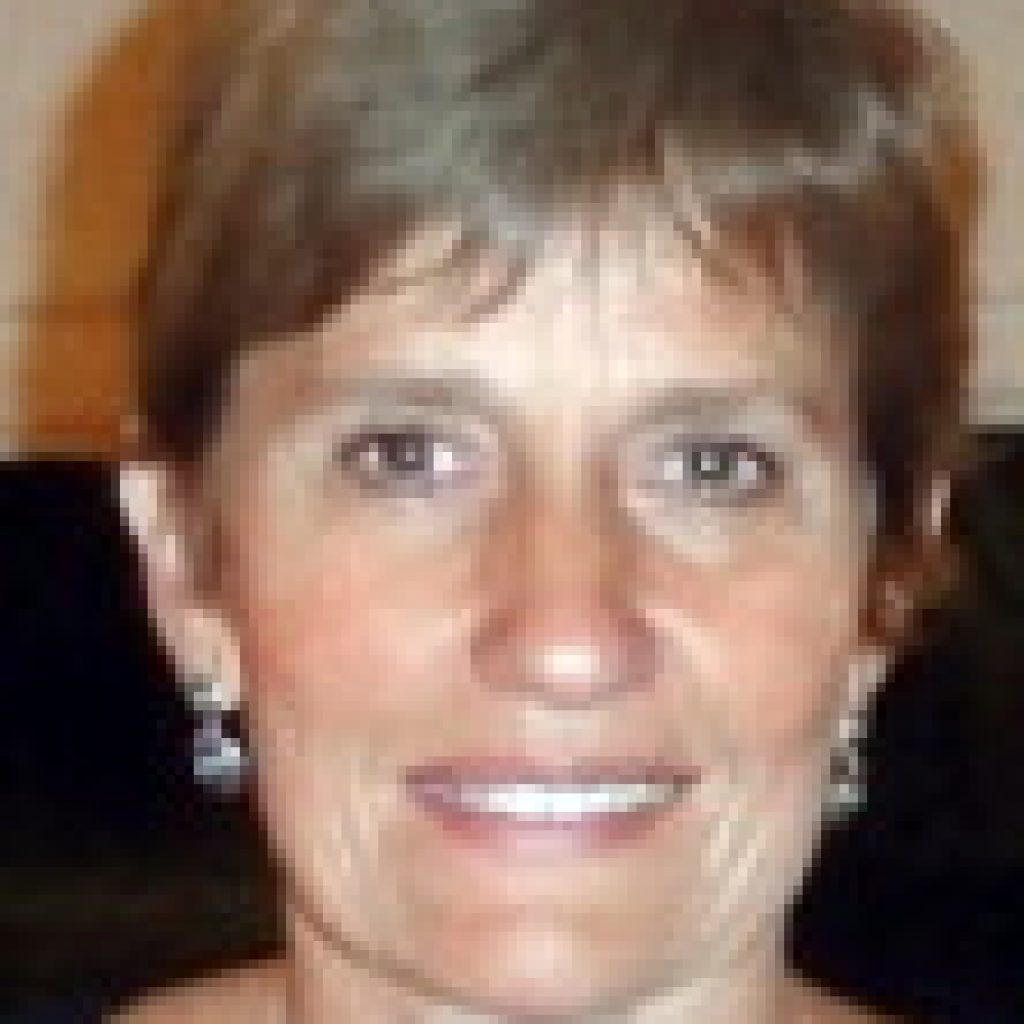
10/27/20 at 4:00 PM in Virtual seminar
The diseases produced by trypanosomatid parasites, like American Trypanosomiasis (Chagas disease), Human African Trypanosomiasis (sleeping sickness, HAT) and Leishmaniasis constitute an urgent health problem gathered in the poorest regions of the world. These diseases are highly prevalent and classified as neglected tropical diseases (NTDs) by the World Health Organization (WHO) due to low historical investment […]
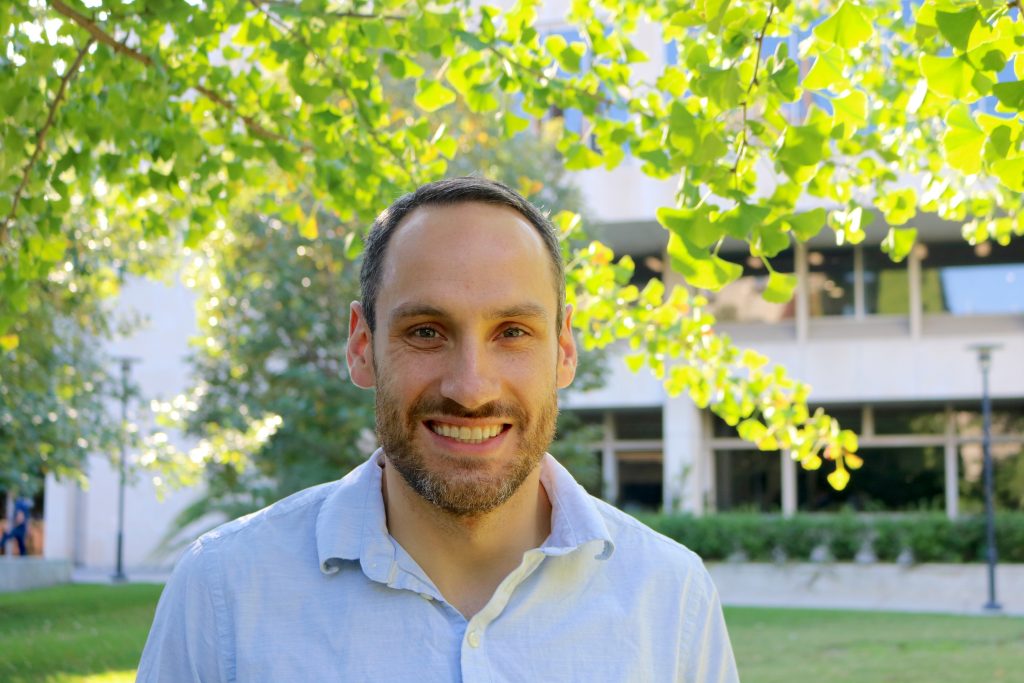
10/20/20 at 4:00 pm in Virtual Seminar
Nature has inspired inorganic chemists to look beyond the immediate coordination sphere of complexes to tune and optimize reactivity. Two important themes have been the use of pendant proton donors/acceptors as well as incorporating redox-active moieties into ligand scaffolds. However, nature does not limit itself to an “either/or” strategy, and uses both of these features […]

10/13/20 at 4:00 PM in Virtual Literature Seminar
The need for new metastable materials with exotic properties is at an all-time high. The Department of Energy has made it a primary research direction to investigate materials discovery using extreme synthesis conditions. Pressure can be used as a kinetic trap to stabilize or discover compounds that cannot be synthesized under ambient conditions. The high-pressure […]

10/13/20 at 4:00 PM in Virtual Literature Seminar
The rise of electronic devices developed and utilized around the world requires having a diverse set of energy storage devices with different properties. Pseudocapacitors have the potential to be used in devices where traditional energy storage devices fall short by possessing both high energy and power. Pseudocapacitors accomplish this by storing energy via a redox […]
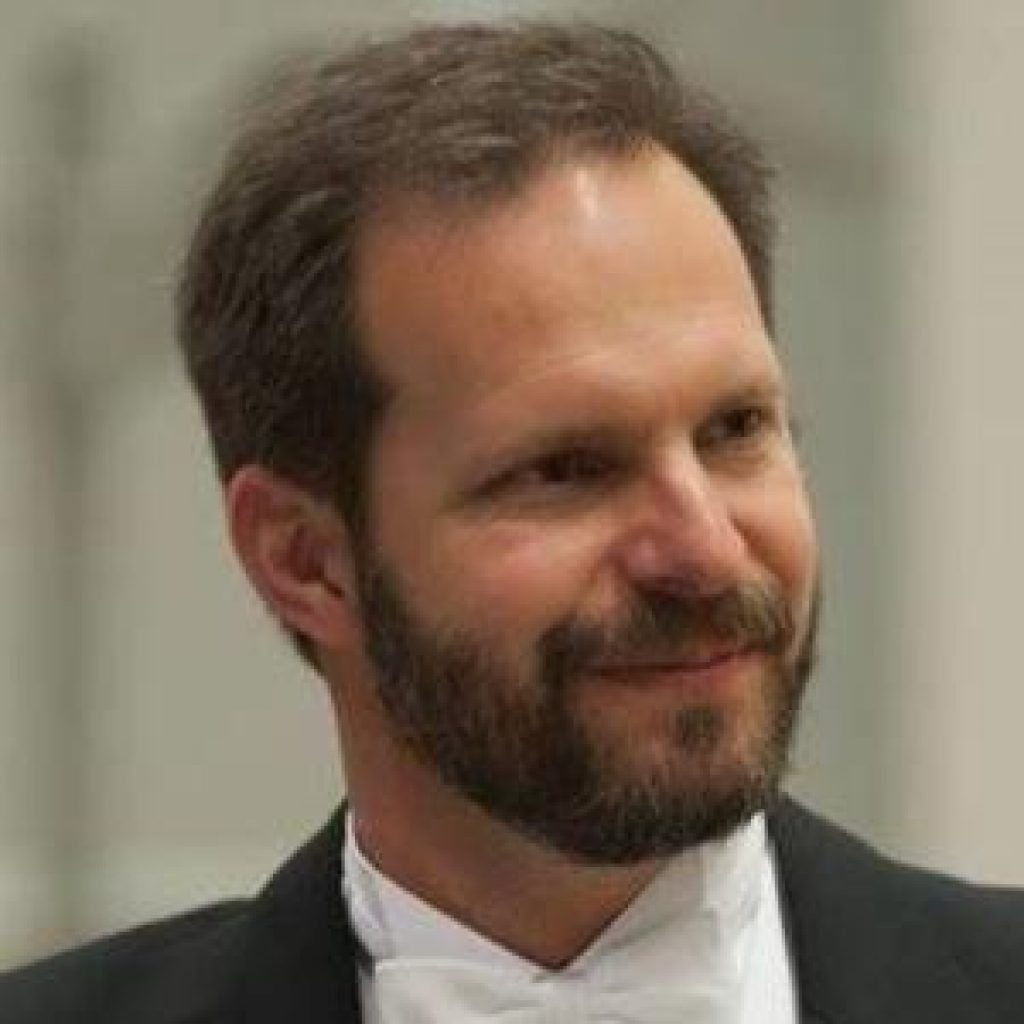
10/6/20 at 4:00 PM in Virtual Seminar
Three vignettes on chemical synthesis comprise this talk. The first, related to Molecular Biology, describes the development of proteins that control the elemental composition, size and shape of inorganic nanoparticles are synthesized by these genetically engineered proteins. Because protein sequence is defined by DNA sequence and DNA is cloned during replication, these nanoparticles are termed […]

9/15/20 at 4:00 PM in Virtual Research Seminar
Biological microscopic studies, once revolutionized by the discovery of clonable fluorophores like Green Fluorescent Protein (GFP), engender foundational evidence for cellular processes via in situ protein labeling and tracking by fluorescence. As light microscopy is inherently diffraction limited, electron microscopy (EM) unveils details of cellular ultrastructure with nanometer scale resolution. The primary challenge of biological […]

9/8/20 at 4:00 PM in Virtual Seminar
Research Seminar Solid-state synthesis, especially at low-temperatures (T ≤ 400 ◦C) can be difficult due to the limited number of well-known and understood synthetic techniques and the barrier of solid-state diffusion that can inhibit reactivity. Flux reactions, traditionally involving inorganic melts, are one technique used to overcome solid-state diffusion at reduced temperatures. This research explores […]
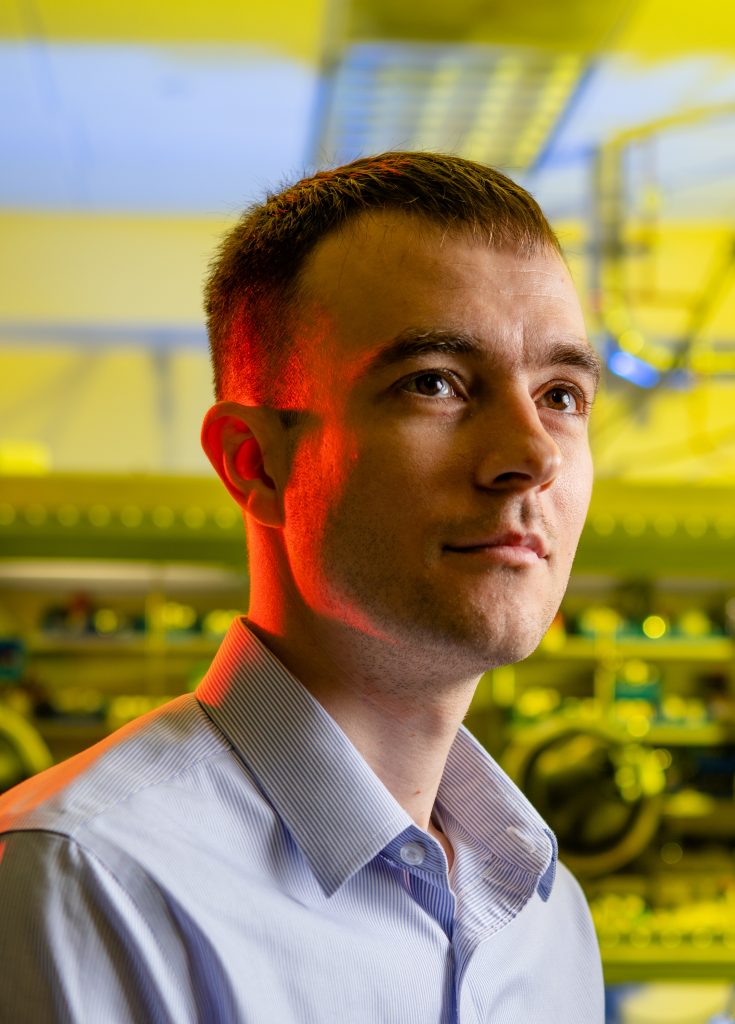
2/18/20 at 4:00 pm in Chemistry A101
About the Seminar: Synthetic iron-based catalysts that functionally model iron dependent oxygenases are rare. Considering the large number of synthetic iron complexes, why is this? We are taking a close look at this question and, in the process, have come up with some design principles that are guiding our work towards developing synthetic iron-based catalysts […]
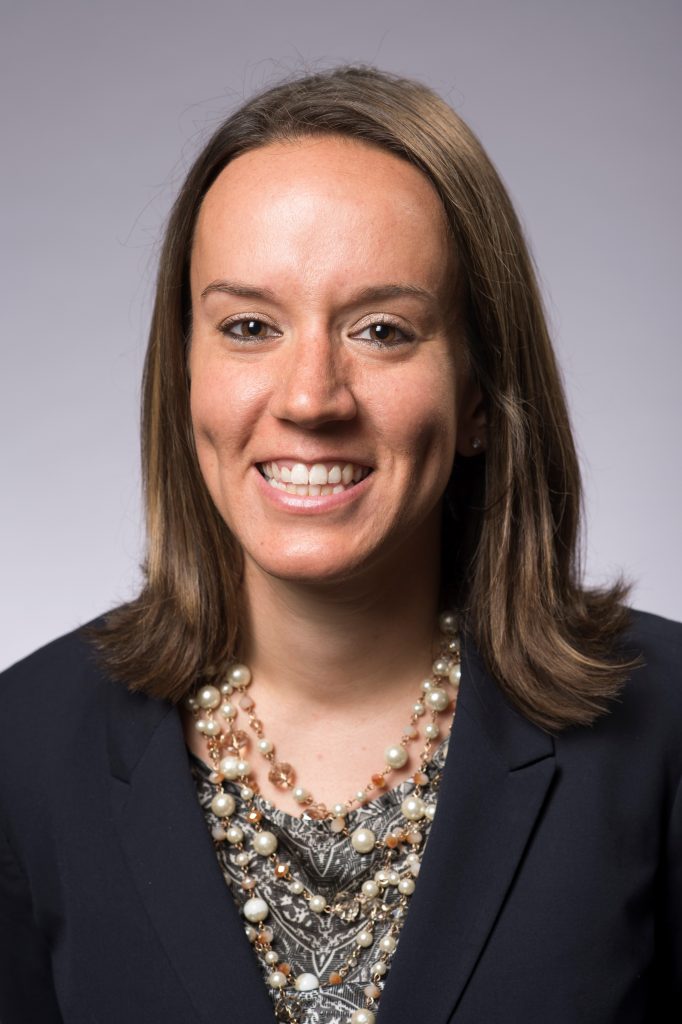
1/28/20 at 4:00 PM in Chemistry A101
About the Seminar: The Matson Group is investigating the synthesis, characterization and reactivity of multimetallic metal-oxide assemblies. Our principle interests rest in the exploration of unique redox properties and cooperative reactivity of heterometallic assemblies for multielectron chemical processes. Here, we report the synthesis and characterization of a family of vanadium oxide clusters, which serve as […]

12/1/20 at 4:00 PM in Virtual Research Seminar
Research Seminar One of the challenges facing the world is the need to fulfill the growing demand for energy via renewable resources while minimizing CO2 emissions. Photoelectrochemical water splitting into hydrogen and oxygen is one such system capable of renewable solar energy conversion. Previously, we developed a water-oxidation photoanode consisting of nanostructured SnO2 coated with […]

11/17/20 at 4:00 PM in Virtual Literature Seminar
Literature Seminar Metal organic frameworks (MOF) have become of interest for application in radioactive environments as studies have shown γ-irradiation resistance in MOFs. MOFs are synthetically tunable which provides an advantage for a variety of applications. However, there is not a great understanding of what properties make MOFs resistant to radiation. This talk will focus on γ-irradiation […]

11/17/20 at 4:00 PM in Virtual Literature Seminar
Literature Seminar Magic-sized clusters (MSCs) have recently been of interest as precursors in the synthesis of nanoparticles of potentially useful materials. They can be used to produce a narrower size distribution of the resulting nanoparticles (as opposed to simple salt precursors), and can be used to control morphology. However, the role of MSCs on the […]
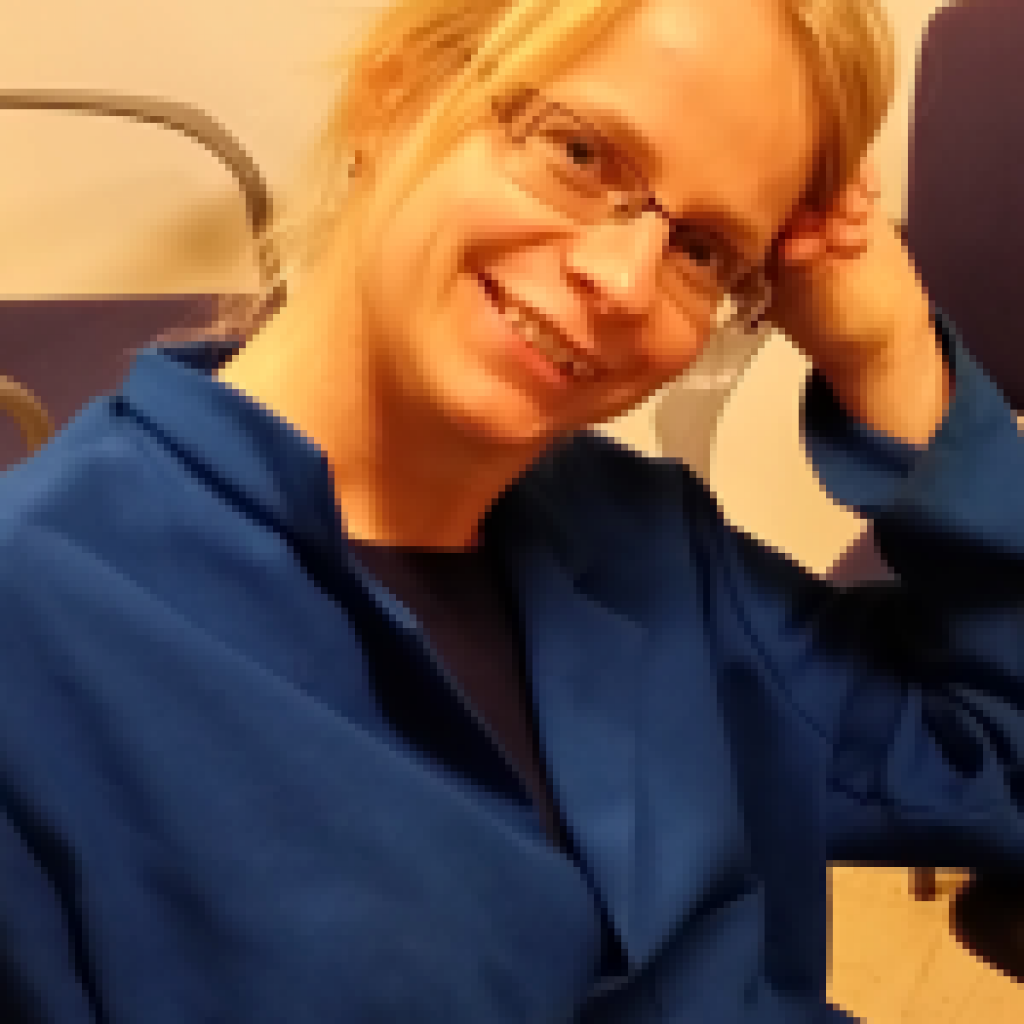
11/10/20 at 4:00 PM in Virtual seminar
Materials discovery can be accelerated by the development of synthesis methods and in-situ characterization techniques allowing for the rapid “screening” of multicomponent systems, while theoretical predictions of new compounds’ structure and thermodynamic stability can yield the desired roadmap for the targeted synthesis. However, the sluggish kinetics of solid-state reactions entails the necessity of high temperatures […]
11/3/20 at 4:00 PM in Virtual Research Seminar
Research Seminar Gold nanoclusters have unique properties and solvable structures which allows for interesting investigations into the origins of their properties for various applications from a core prospective and a ligand prospective. With superatomic orbitals, they present new avenues to different chemistry including orbitals that are not seen in other materials. Within this study, the electronic structure and magnetism of larger gold nanoclusters is […]

11/19/19 at 4:00 pm in Chemistry A101
About the Seminar Protonic (H+) processes that occur in water in the dark are identical to electronic (e–) processes that occur in semiconductors in the dark; for this reason, my team defines water as a protonic semiconductor. Using this fact, over a half-century ago Prof. John Bockris demonstrated that hydrated bipolar ion-selective membranes can form […]

11/12/19 at 4:00 pm in Chemistry A101
Literature Seminar My literature seminar will investigate recent advances in the field of metal-free catalysts for the reduction of dinitrogen to ammonia. Ammonia is a critical component of fertilizers, and is not produced naturally in large quantities. The nitrogen reduction reaction is one of the most important industrial chemical processes, as it enables the mass […]

11/12/19 at 4:00 pm in Chemistry A101
Literature Seminar Targeted alpha therapy represents an underdeveloped area of cancer treatment. Alpha particles have demonstrated a high degree of cytotoxicity, which when harnessed, can be effective at inducing apoptosis in cancer cells. However, due to the low natural abundance of alpha-emitting radioisotopes and their sparsely studied chemistry, Radium-223 is the only FDA approved radioisotope […]

11/5/19 at 4:00 pm in Chemistry A101
Literature Seminar Photodynamic therapy (PDT) is an emerging cancer treatment based on the interactions between light, a photosensitizing drug and oxygen, which create reactive oxygen species (ROS), killing cells in a localized region. Although PDT is efficient for the local destruction of tumors, the treatment is still ineffective in systemic tumor elimination, so other treatment […]

10/22/19 at 4:00 PM in Chemistry A101
Literature Seminar Heavy metal detection has received significant attention in recent years due to the increasing risk to human health and surrounding ecosystems. Here, the term heavy metal will encompass transition and post transition metals. Heavy metals that pose concern can span from biologically relevant transition metals like copper and zinc, to post transition metals […]
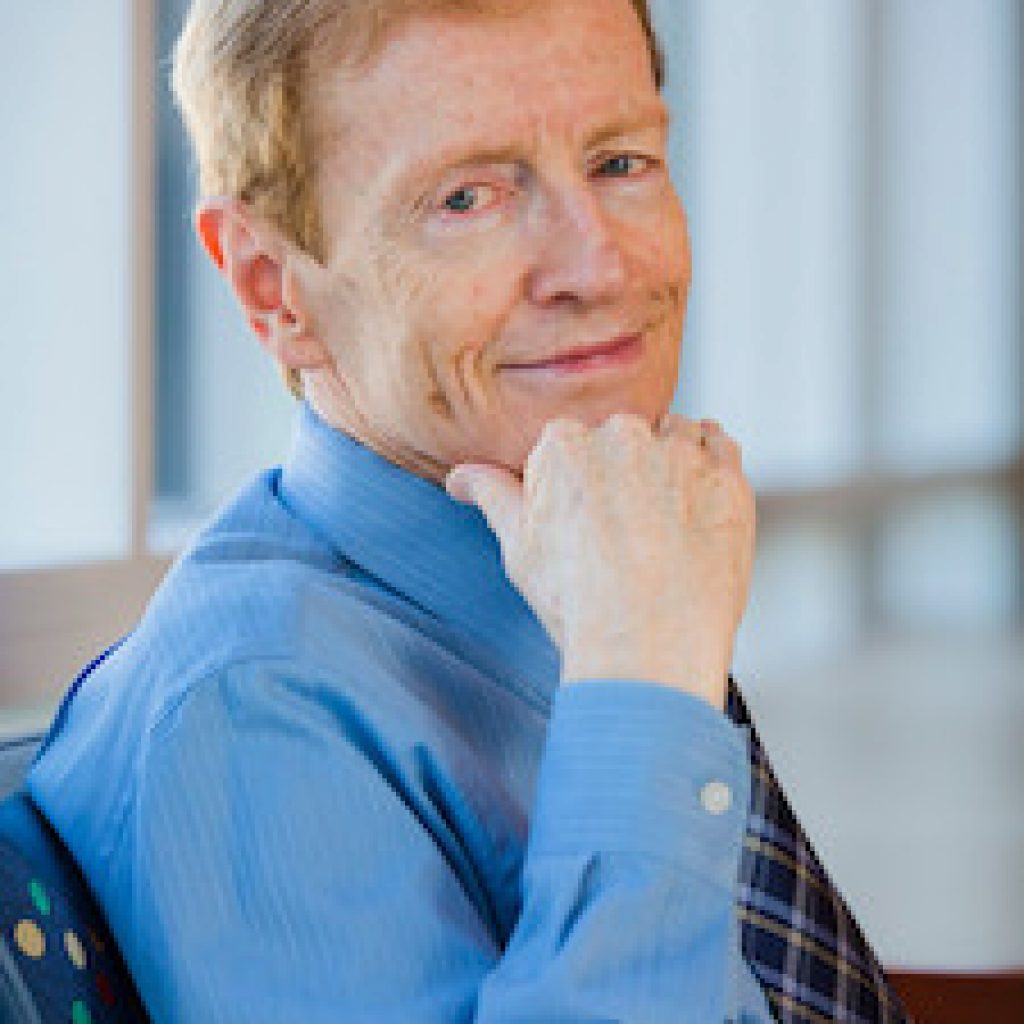
10/15/19 at 4:00 PM in Chemistry A101
About the Seminar: The very diverse geometrical and electronic structures of inorganic clusters, and in particular early-transition metal polyoxometalates (POMs), give these complex polyanions an extensive, usually reversible and tunable redox chemistry and other properties of value in several fields. A subset of this chemistry is that POMs are effective catalysts for oxidations, including air(O2)-based […]
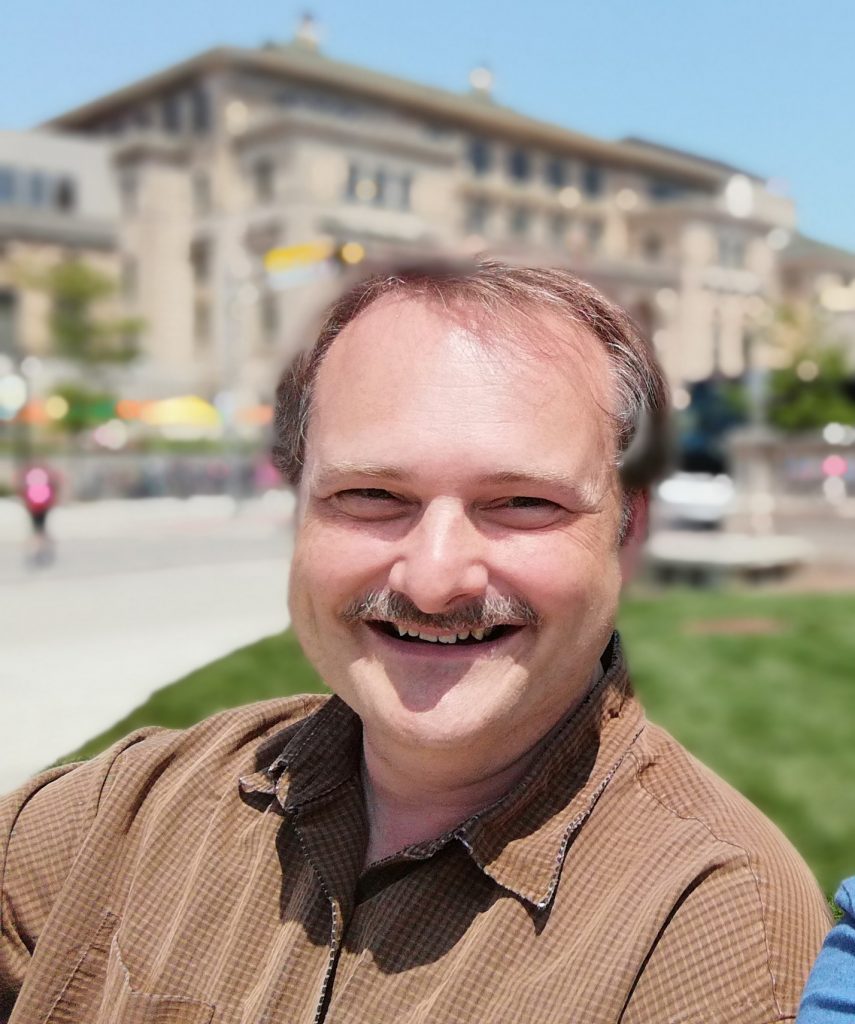
10/8/19 at 4:00 pm in Chemistry A101
About the Seminar: Ammonia has arisen as an attractive potential large-scale energy carrier due to its improved storage and transport over hydrogen, provoking calls to explore a potential Nitrogen Economy. Two fundamental technologies are needed in order to realize a zero-carbon nitrogen energy economy: (1) Ammonia synthesis from solar electricity, and (2) high-performance direct ammonia […]
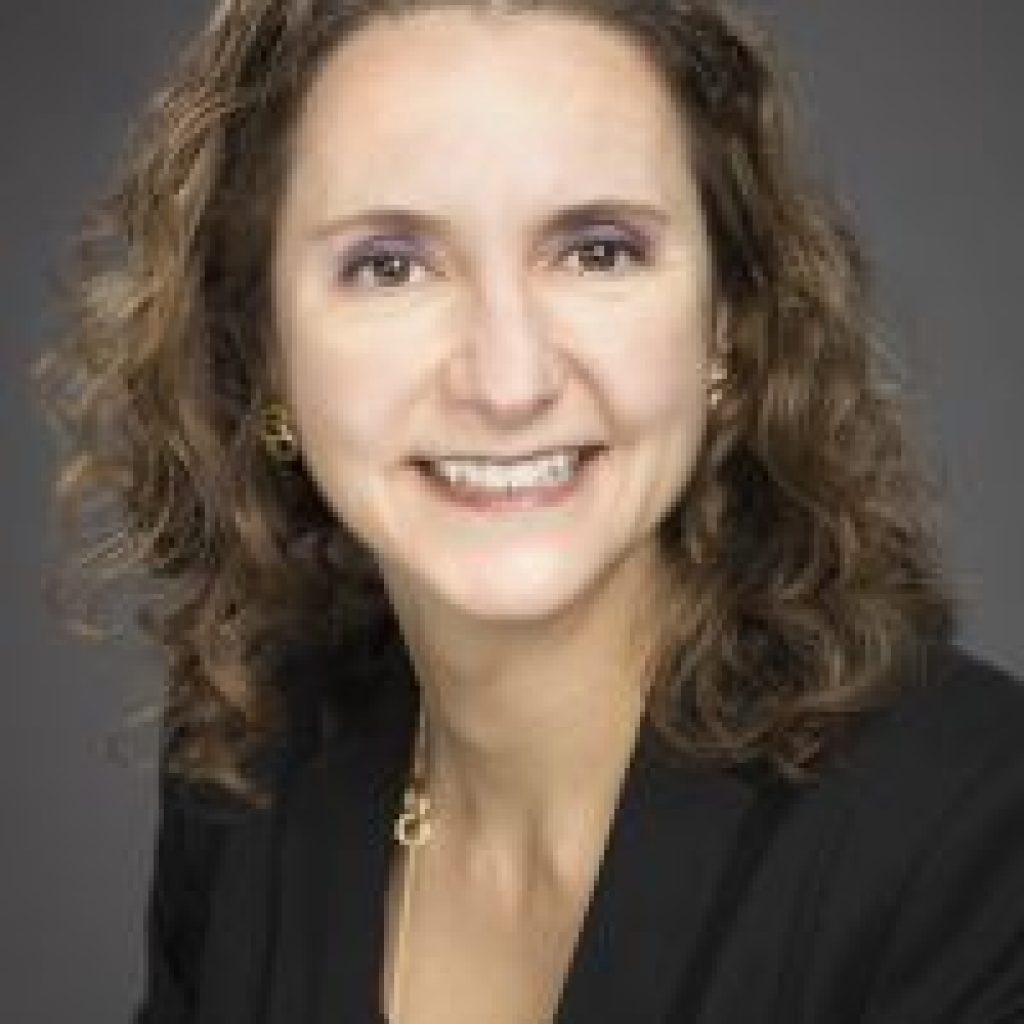
10/1/19 at 4:00 pm in Chemistry A101
About the Seminar: The luminescence of lanthanide ions is based on f-f transitions. Due to the core nature of the 4f orbitals involved in the process, as well as the forbidden nature of these transitions, the emission properties make these ions uniquely suited for a variety of applications involving light emission, such as lighting, imaging, […]
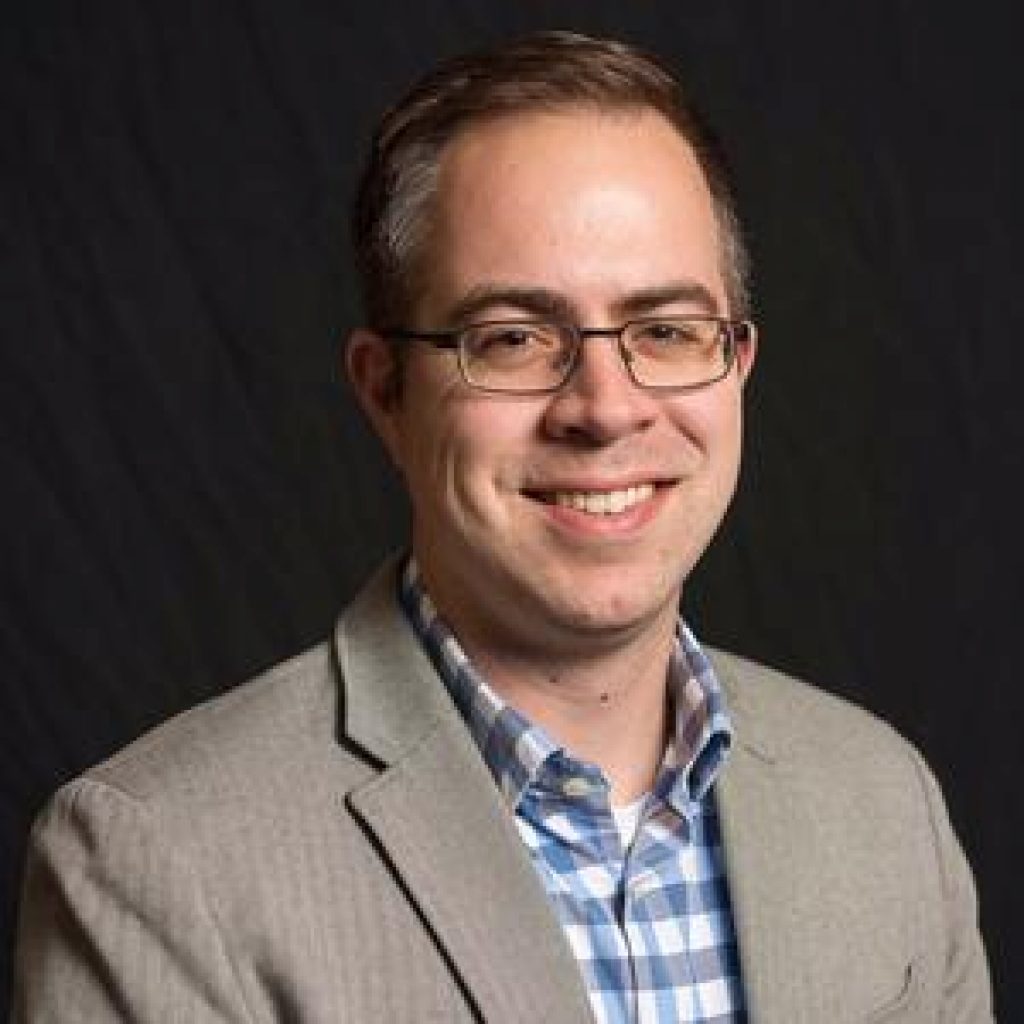
9/10/19 at 4:00 pm in Chemistry A101
Overview of Inorganic Program

4/23/19 at 4:00 pm in Chemistry A101
Research Seminar Abstract The electronic absorption and magnetic properties of iron(II) are vastly different depending on the spin state. Iron(II) can reversibly switch its spin state through perturbation, like temperature, intermolecular interactions, coordination environment, or moderate changes on the ligand (e.g. isomerization, protonation). However, to our knowledge, there are no reports of spin state switching […]
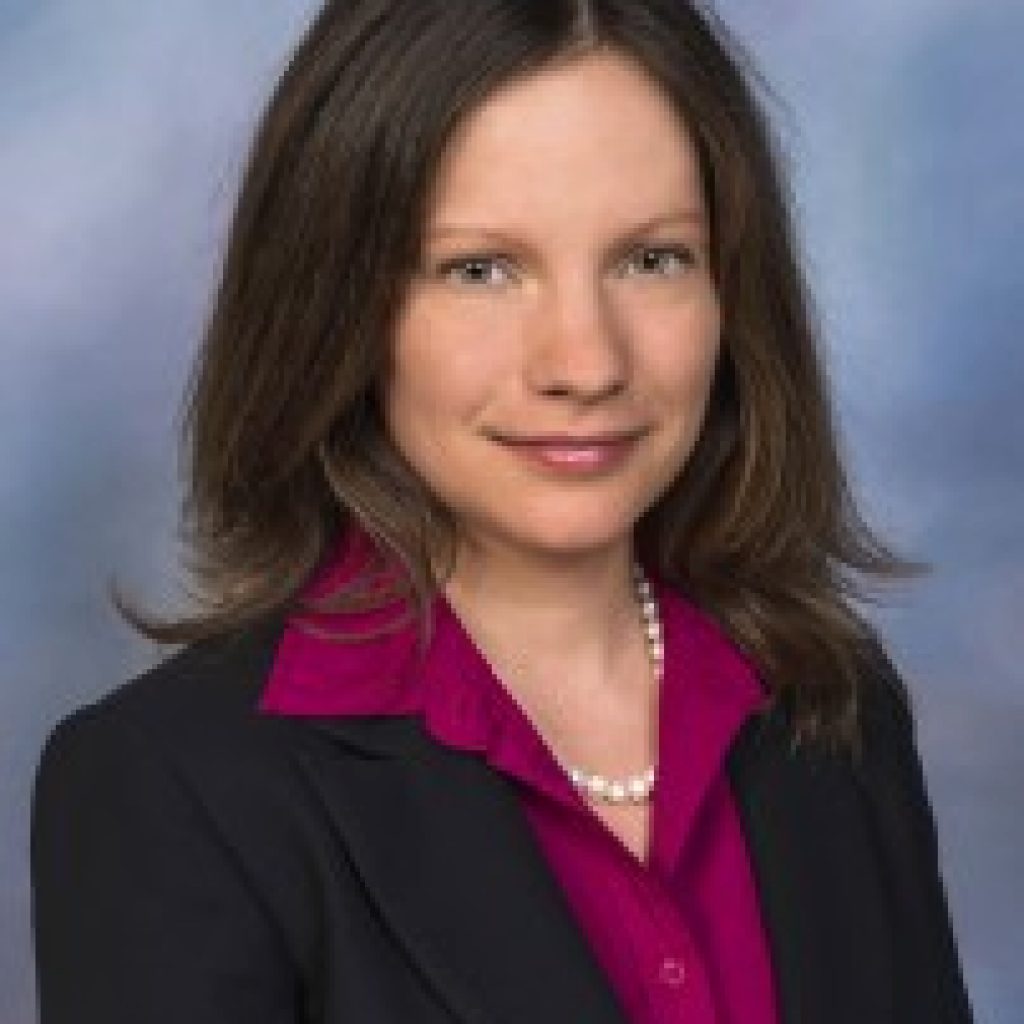
4/9/19 at 4:00 pm in Chemistry A101
About the Seminar Most plasmonic metals studied to date are composed of either Cu, Ag, and Au. The former two can pose significant challenges related to oxidation, the latter is often perceived as cost-prohibitive, and all three are rare. Recently, much attention has been focused on earth-abundant Al, which is an excellent plasmonic in the […]

3/26/19 at 4:00 pm in Chemistry A101
Research Seminar Abstract The possession of a low-spin (LS) and high-spin (HS) state of Fe(II) coordination complexes has important implications for its spin crossover (SCO) and excited state properties. A DFT empirical dispersion correction is modified to more accurately calculate the spin state energetics of Fe(II) SCO complexes. This developed functional is used in tandem […]

3/12/19 at 4:00 PM in Chemistry A101
About the Seminar The AMX3 (A = Cs, Rb, CH3NH3; M = Pb, Sn, Ge; X = I, Br, Cl) halide perovskites have drawn a tremendous amount of attention in recent years. Their electrical and optical properties are comparable to conventional compound semiconductors, which makes them potentially suitable for many applications, including solar cells where power […]
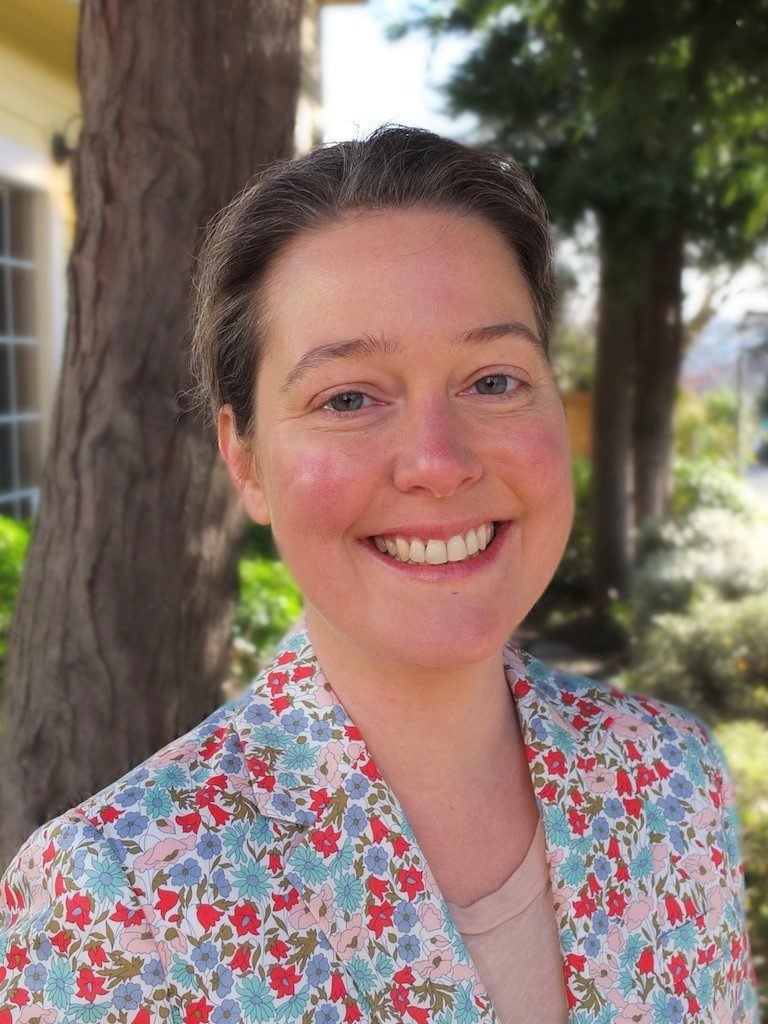
3/5/19 at 4:00 PM in A101
About the Seminar: Research in the Cossairt lab is focused on the solution-phase synthesis of chemical systems capable of sunlight absorption, color-pure emission, charge transfer, and fuels generation. Towards this end we seek to address fundamental challenges in the field of inorganic chemistry, specifically controlling the composition, structure and function of nanoscale light absorbers and […]

2/26/19 at 4:00 PM in Chemistry A101
Research Seminar Abstract The kinetics and molecular mechanism of nucleation are investigated in molecular detail starting from [(1,5-COD)IrI(NCCH3)2][BF4], 1, which upon addition of HPO42– to 1 forms a neutral, phosphate-bridged species, {[(1,5-COD)IrI(NCCH3)]2•HPO4}0, 2, en route to {[(1,5-COD)IrI•HPO4]2[Bu4N]2}, 3. 1H NMR solution speciation and Signer apparatus solution molecular weight studies establish that in situ prepared {[(1,5-COD)IrI•HPO4]2}2–, […]

2/19/19 at 4:00 PM in Chemistry A101
Research Seminar Abstract Commercial industries currently utilize graphite as the primary lithium anode material for secondary batteries. Graphite’s gravimetric capacity, however, has already been fully utilized and materials with higher capacities are more desirable for the advancement of next generation applications, such as electric vehicles. Of these materials, intermetallic alloys such as SnSb are of […]
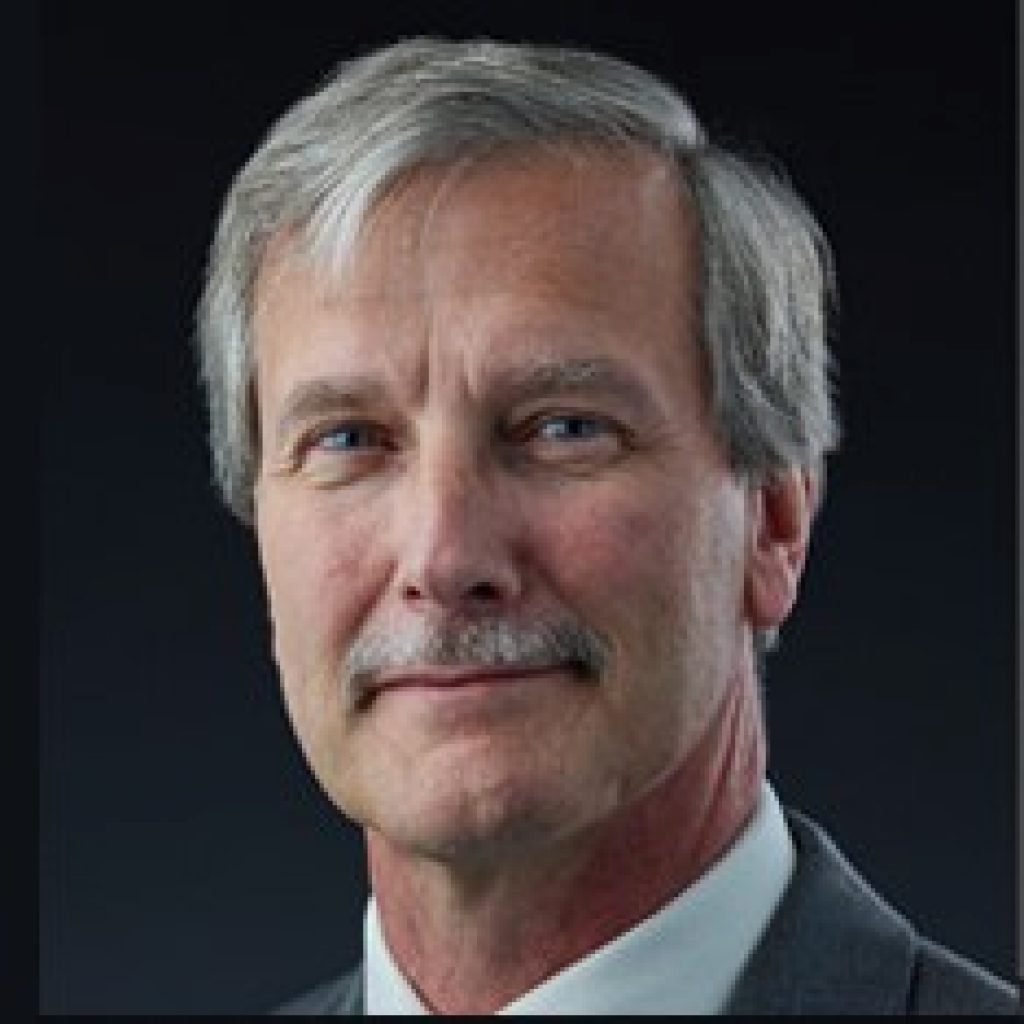
2/12/19 at 4:00 pm in Chemistry A101
About the Seminar In this talk, I will present our work on uranium mono- and bis-imido complexes in various oxidation states and what we have learned about the role of covalency in stabilizing the U=N interaction. The synthesis of high oxidation state, U(V-VI), complexes from lower oxidation state, U(III-IV) starting materials is driven by the […]

2/5/19 at 4:00 pm in Chemistry A101
About the Seminar: The first part of the presentation will introduce our methodology towards improving molecular catalysts for energy relevant conversions. We strategically introduce redox-active and slightly acidic imidazolium moieties into the secondary coordination sphere of molecular CO2 reduction electrocatalysts. Results from systematic comparative studies will be presented that strongly suggest that mechanistic details of […]

1/29/19 at 4:00 PM in Chemistry A101
Research Seminar Abstract: When used as the active semiconductor in photovoltaic devices, hybrid perovskites preform competitively with industry standard materials, including silicon and cadmium telluride. However, hybrid perovskites are structurally distinct from conventional inorganic semiconductors and therefore have unique structure-property relationships. In particular, although unsubstituted hybrid perovskites degrade under ambient conditions, empirical evidence demonstrates that […]
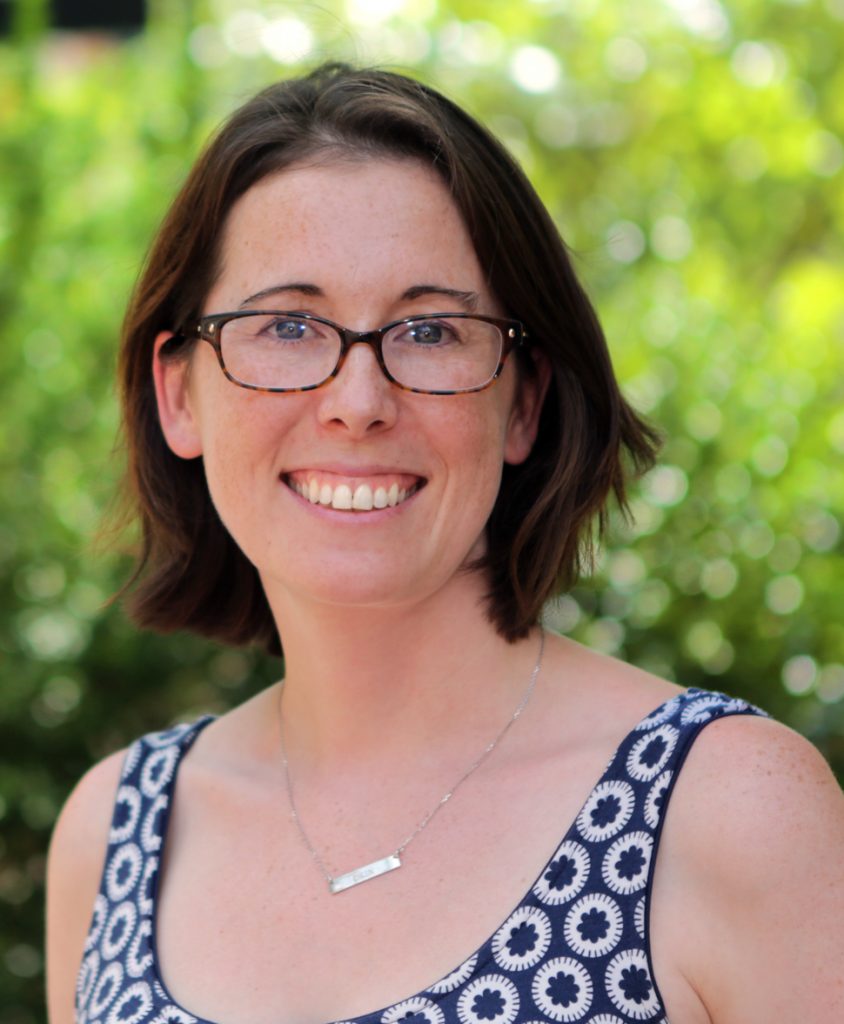
1/17/19 at 4:00 pm in Chemistry A101
About the Seminar The conversion of energy-poor feedstocks like water and carbon dioxide into energy-rich fuels involves multi-electron, multi-proton transformations. In order to develop catalysts that can mediate fuel production with optimum energy efficiency, this complex proton-electron reactivity must be carefully considered. Using a combination of electrochemical methods and time-resolved spectroscopy, we have revealed new […]
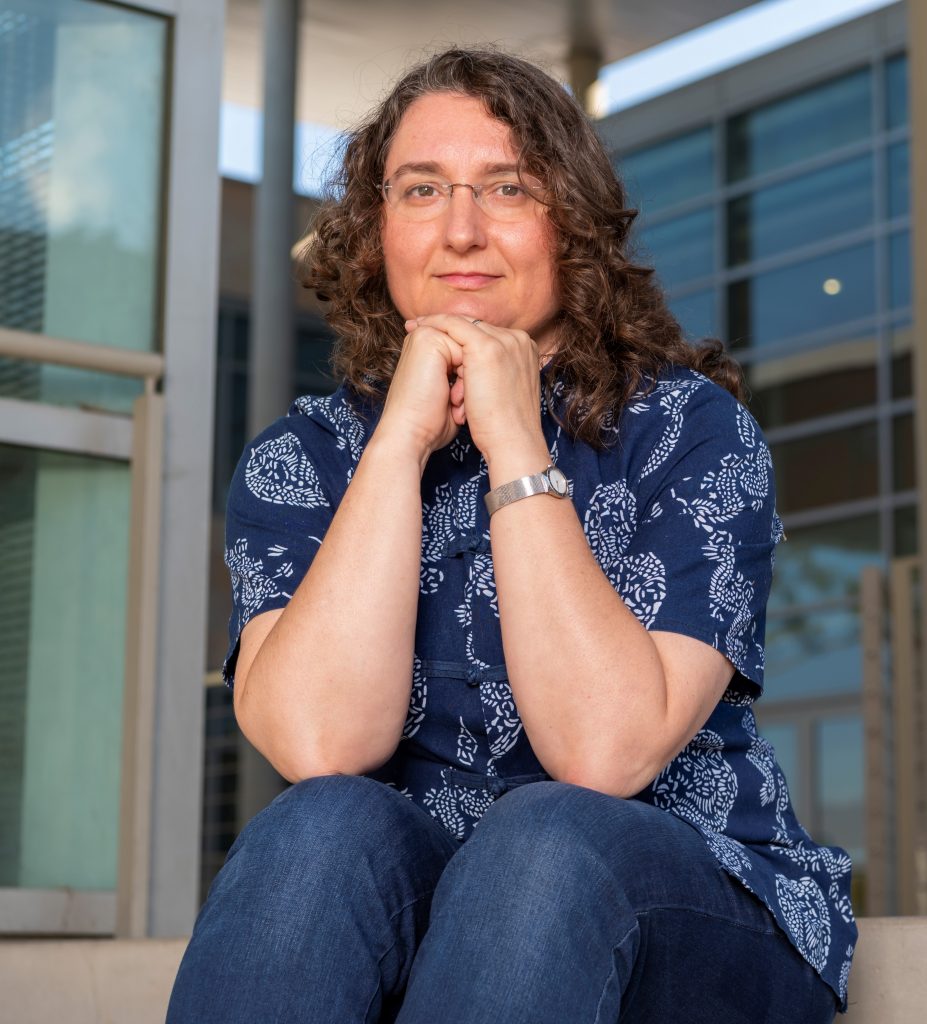
10/29/19 at 4:00 pm in Chemistry A101
A Boulder Scientific Distinguished Lecture About the Talk: Heterogeneous catalysts are indispensable in large-scale chemical processes. Adapting catalysts optimized for converting fossil-fuel-derived molecules to handle renewable carbon is a major challenge, imposed by differences in volatility and solubility. The kinetics of liquid phase transformations promoted by heterogeneous catalysts are complicated by partitioning of solvents, reactants, […]

11/6/18 at 4:00 PM in Chemistry A101
Literature Seminar Abstract Within the past decade, new isolable lanthanide compounds of the 2+ have been achieved for the entire lanthanide series. Previously thought to be inaccessible due to high reduction potentials, these compounds display unique ground state electronic structures. These states provide an exciting opportunity to examine the photochemical properties via ligand environment of […]

11/6/18 at 4:00 PM in Chemistry A101
Literature Seminar Abstract Pt(II) complexes have been extensively investigated as emitter dopants for organic light emitting diodes (OLEDs). A dopant greatly increases OLED efficiency due to the ability of the dopant to emit at room temperature from a triplet excited state. Triplet states represent the majority of excited states formed in OLED emitters during operation […]
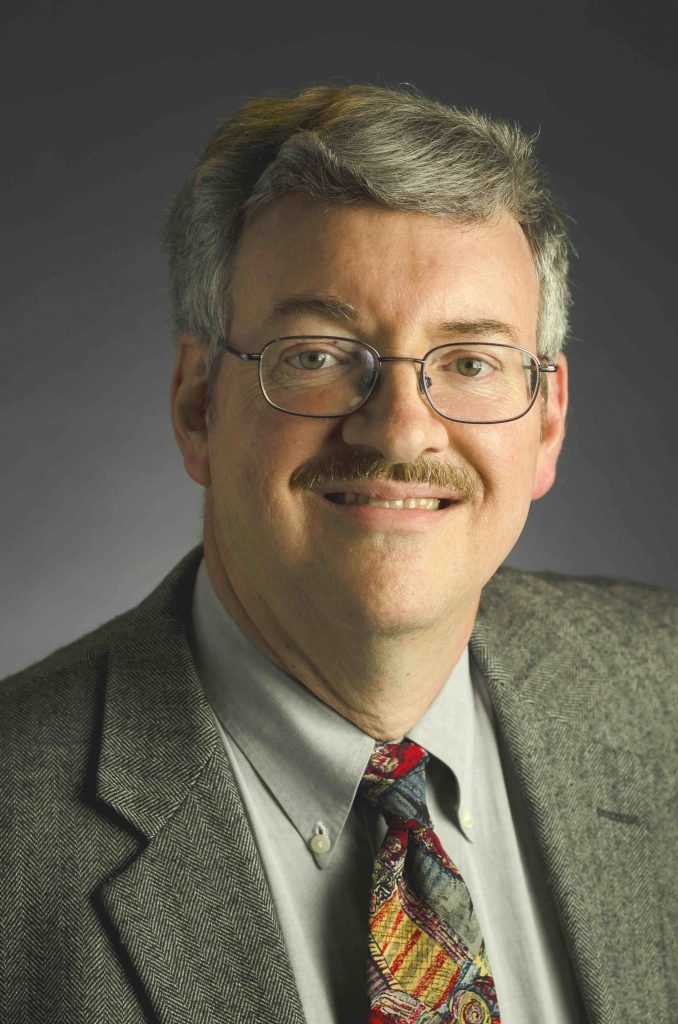
10/30/18 at 4:00 pm in Chemistry A101
Solar and wind are carbon-neutral, sustainable energy sources, but because they are intermittent, reliable energy storage is needed. Catalysts that efficiently interconvert between electrical energy and chemical bonds (fuels) are needed for sustainable, secure energy. Electrocatalysts based on inexpensive, earth-abundant metals (“Cheap Metals for Noble Tasks”) are needed. Ni complexes with “P2N2” ligands have been […]
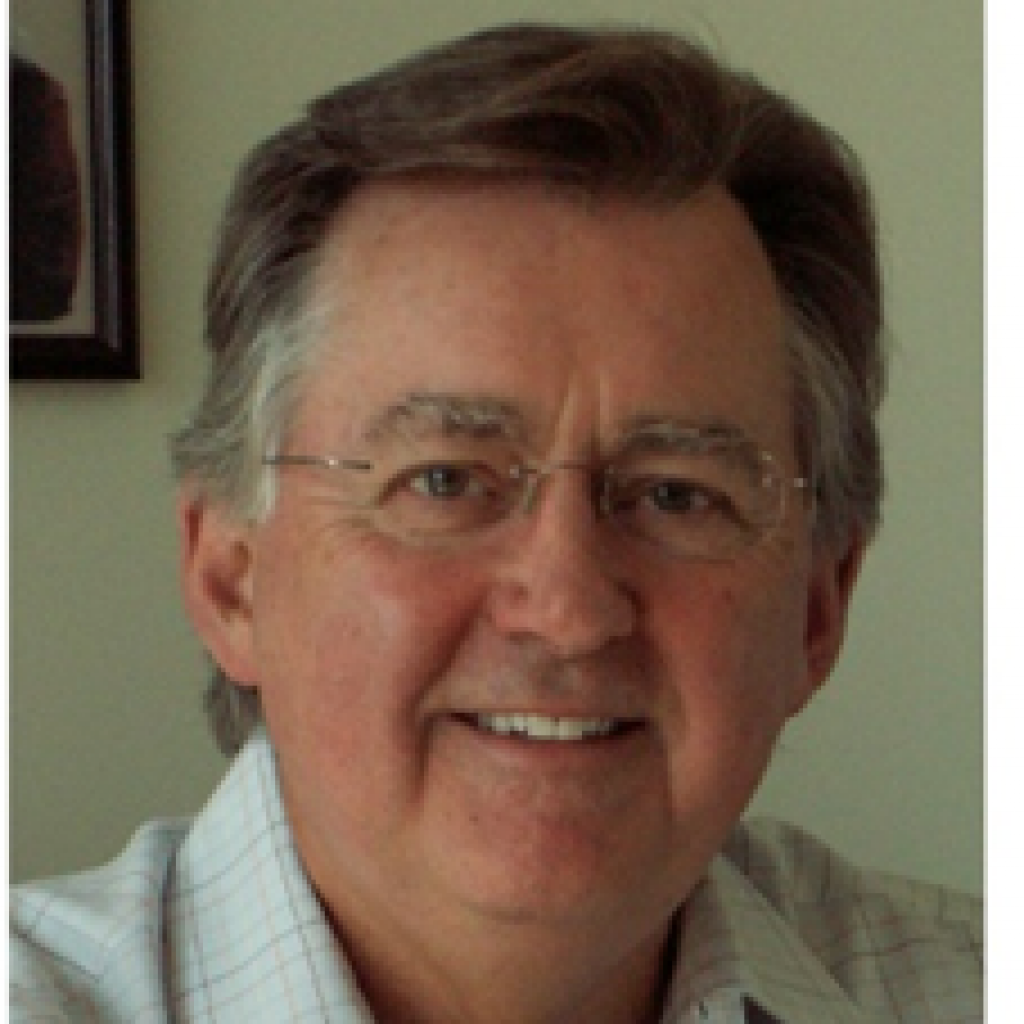
10/23/18 at 4:00 PM in A101
About the Seminar: Magnetic resonance imaging (MRI) is often considered too insensitive for molecular imaging of biological processes. Although many Gd3+-based contrast agents have been reported in the chemistry literature over the past 30 years, only a few have been demonstrated to provide important biological information in vivo. A key parameter in the design of […]
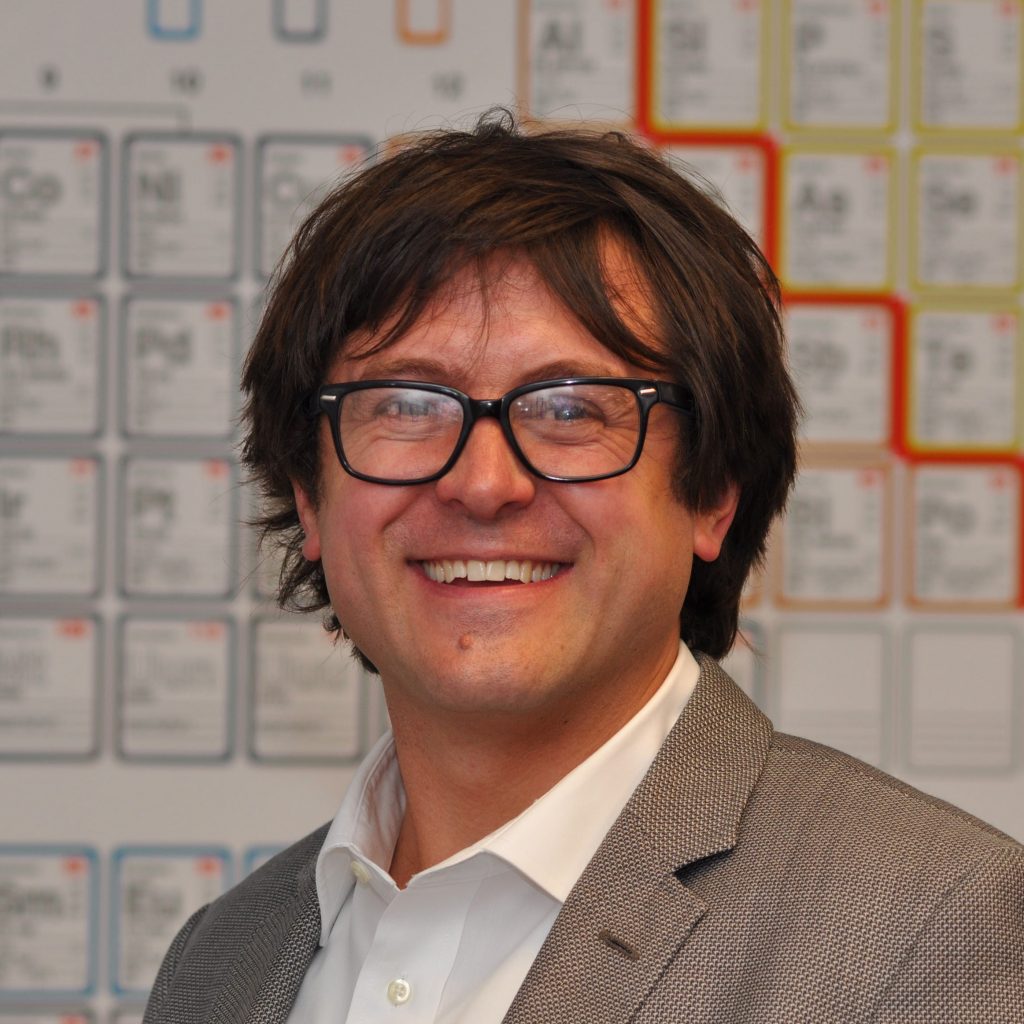
10/16/18 at 4:00 PM in Chemistry A101
About the Seminar: Actinides in the +3 oxidation state occupy central roles in many areas that are important for our quality of life. These range from developing targeted alpha therapy in treating cancer to processing spent nuclear fuel. Hence, there is pressing need to advance fundamental understanding of +3 actinide coordination chemistry. While numerous heroic […]
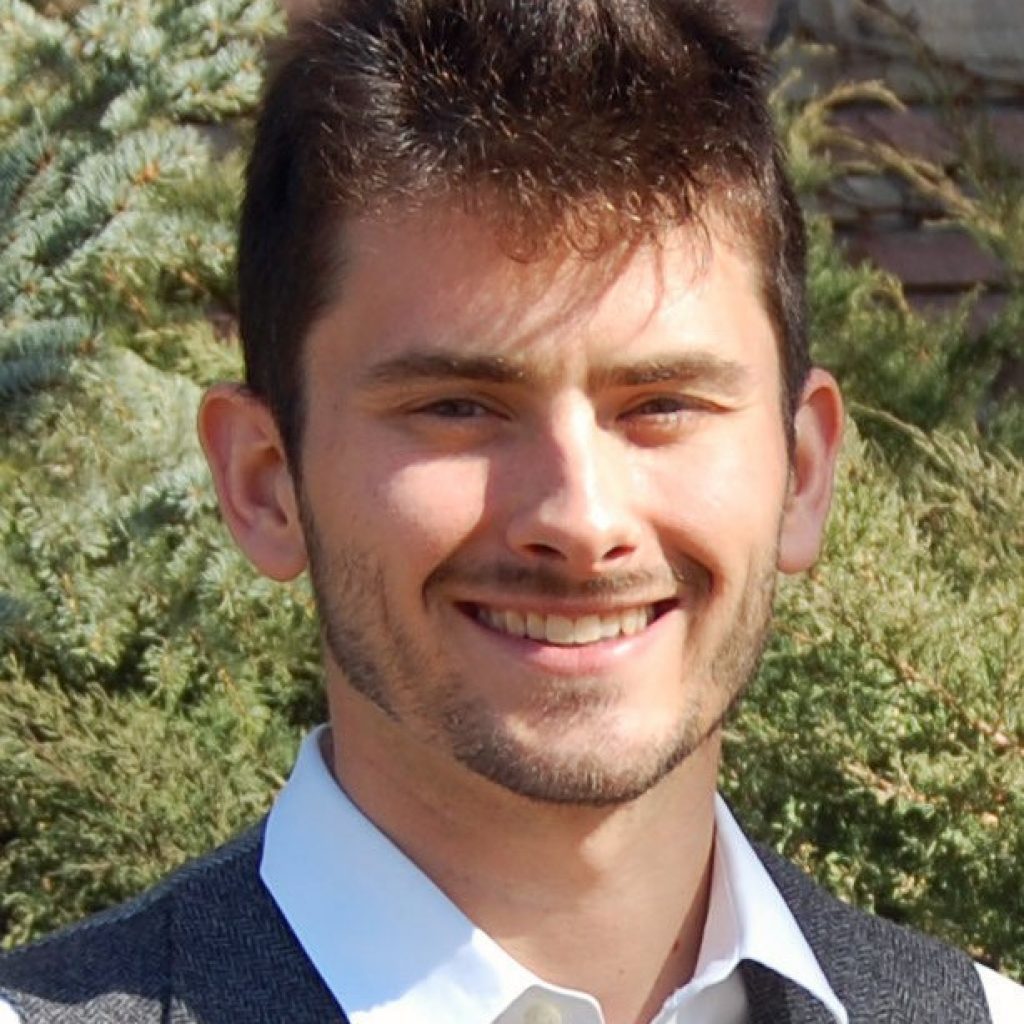
10/9/18 at 4:00 PM in Chemistry A101
Seminar Abstract: A significant challenge in chemistry research is to rationally control structure-property relationships in materials to achieve desired properties. The prevailing approach to this challenge involves the serendipitous discovery of materials or the incremental modification of solid-state reactions. Therefore, the search for new materials is often limited by phase equilibria or is inhibited by […]

10/2/18 at 4:00 PM in Chemistry A101
Literature Seminar Abstract Mixed-lanthanide metal-organic frameworks (M’LnMOFs) have received wide attention for their use as highly sensitive ratiometric luminescent thermometers. Their high resolutions and non-invasiveness have made them strong candidates for applications such as intracellular sensing and thermal mapping. Unfortunately, materials and techniques for sensing in the physiological temperature range (298-318 K) or higher are […]

9/25/18 at 4:00 pm in Chemistry A101
Literature Seminar Abstract Single molecule magnets have been shown to be capable of performing as a quantum bit, or qubit, which is predicted to revolutionize the world of computing. However current day single molecule magnets only exhibit magnetic hysteresis, and thus can only act as a qubit, below liquid nitrogen temperatures. In 2014 a study […]

9/25/18 at 4:00 pm in Chemistry A101
Literature Seminar Abstract Self-assembly has occurred in nature since the beginning of time, but only in the past 30 years has the term found its way into chemical literature to describe autonomous organization in various systems, from monolayers to nanoparticle superstructures. Nanoparticle self-assembly can be used as a high throughput method for the fabrication of […]

9/18/18 at 4:00 pm in Chemistry A101
Literature Seminar Abstract: Metalloenzymes drive chemical processes across life forms and mimicking this reactivity still remains a synthetic challenge. Almost all metalloenzyme active sites are composed of transition metals. In 2007 in volcanic mudpools in southern Italy, the bacteria Methylacidiphilum fumariolicum was discovered with an enzyme containing a lanthanide active site in a methanol dehydrogenase […]
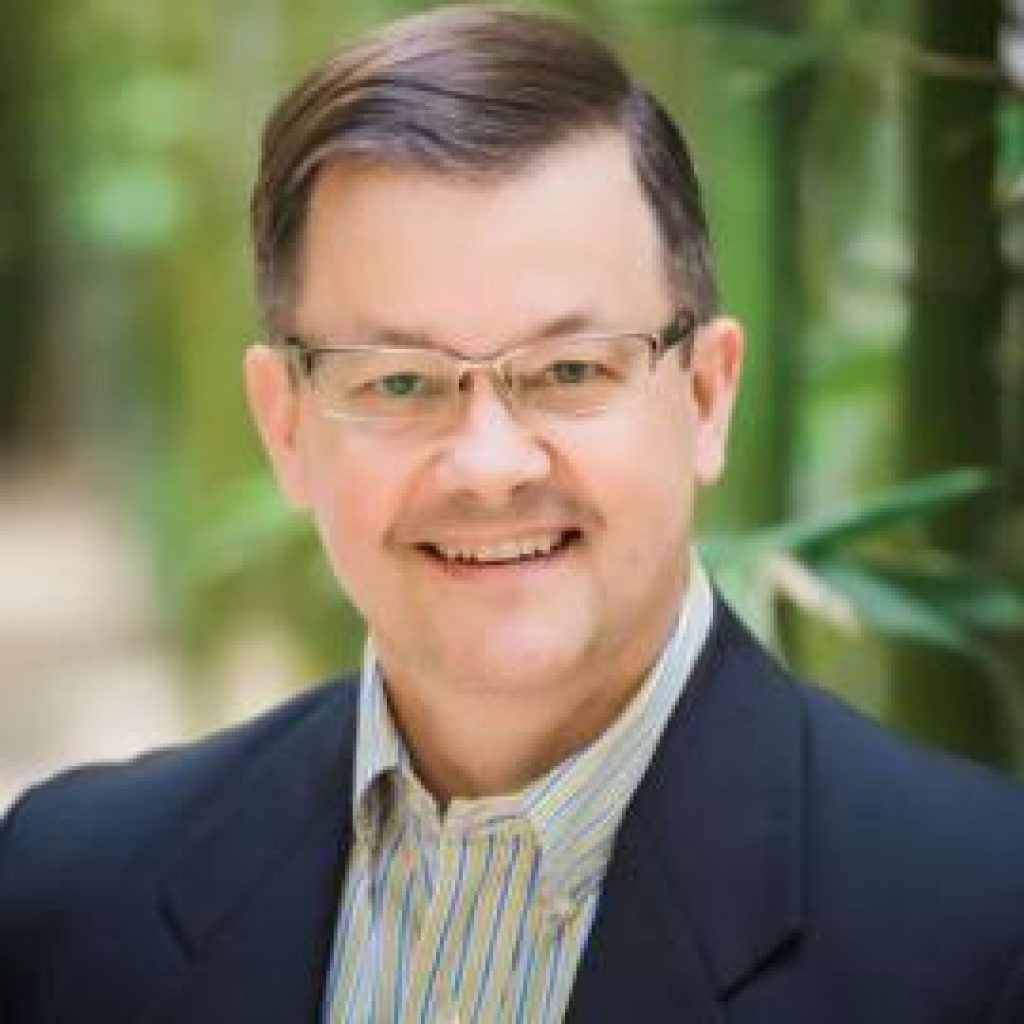
9/4/18 at 4:00 pm in Chemistry A101
We have developed a family of selective organic catalysts for ring-opening polymerization reactions.1,2 In parallel efforts, we have developed new oxidation catalysts2 that generate new monomers which were then enchained using organocatalytic polymerization1 to generate functional materials that proved useful agents for the delivery of messenger RNA into living animals.4-6 Functional delivery of messenger RNA […]
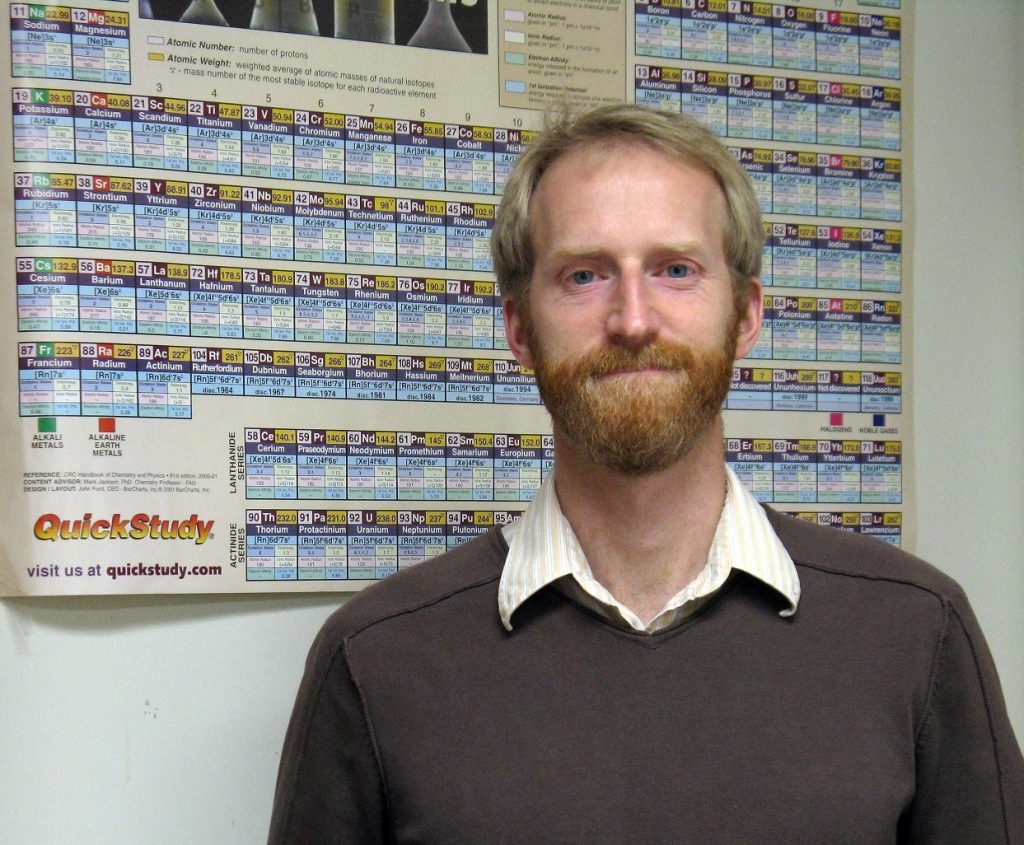
7/24/18 at 4:00 pm in Chemistry A103
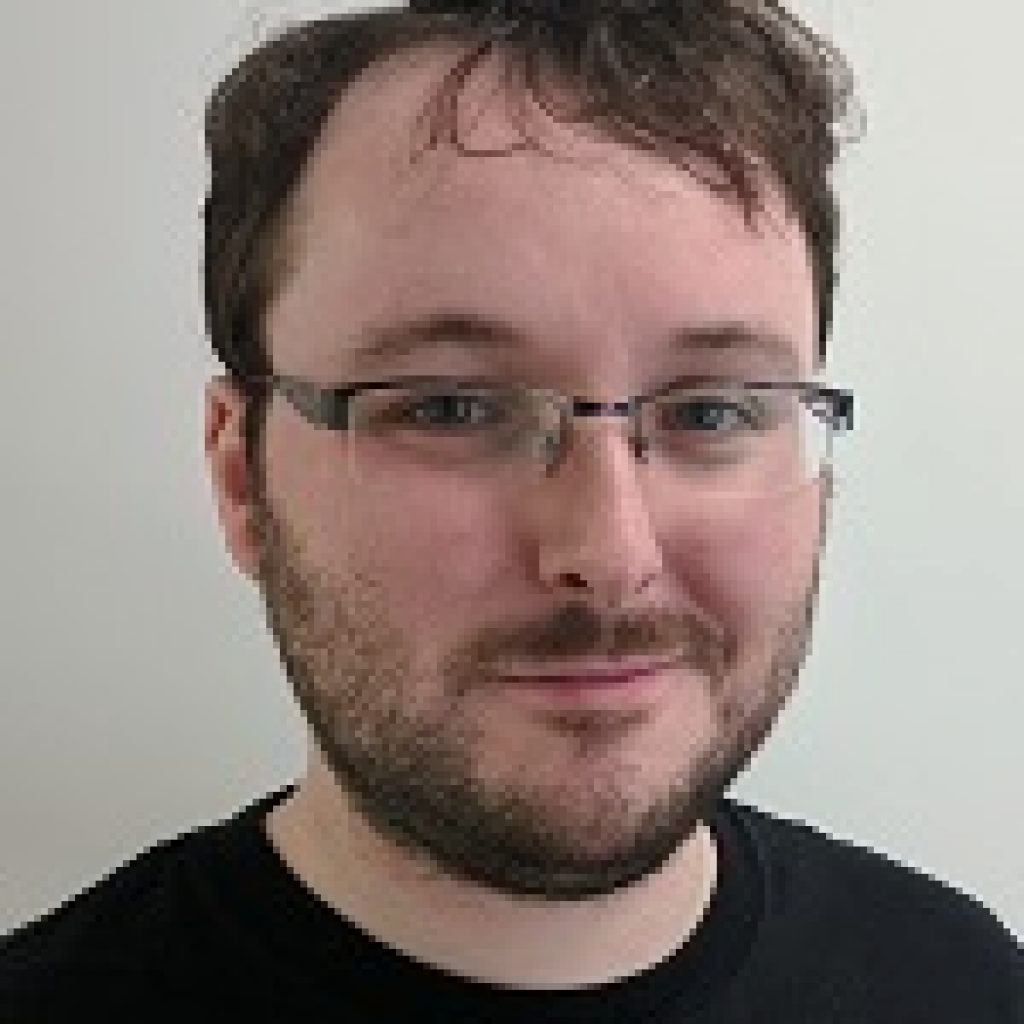
6/22/18 at 4:00 PM in ChemistryA101
The Nature Research portfolio includes the flagship Nature title, the physical and life sciences research journals, such as Nature Chemistry, and the open-access titles including the newly launched Communications Chemistry. During the first part of the talk Andrew will discuss the different aims and scopes of the various Nature titles as well as the relationship […]
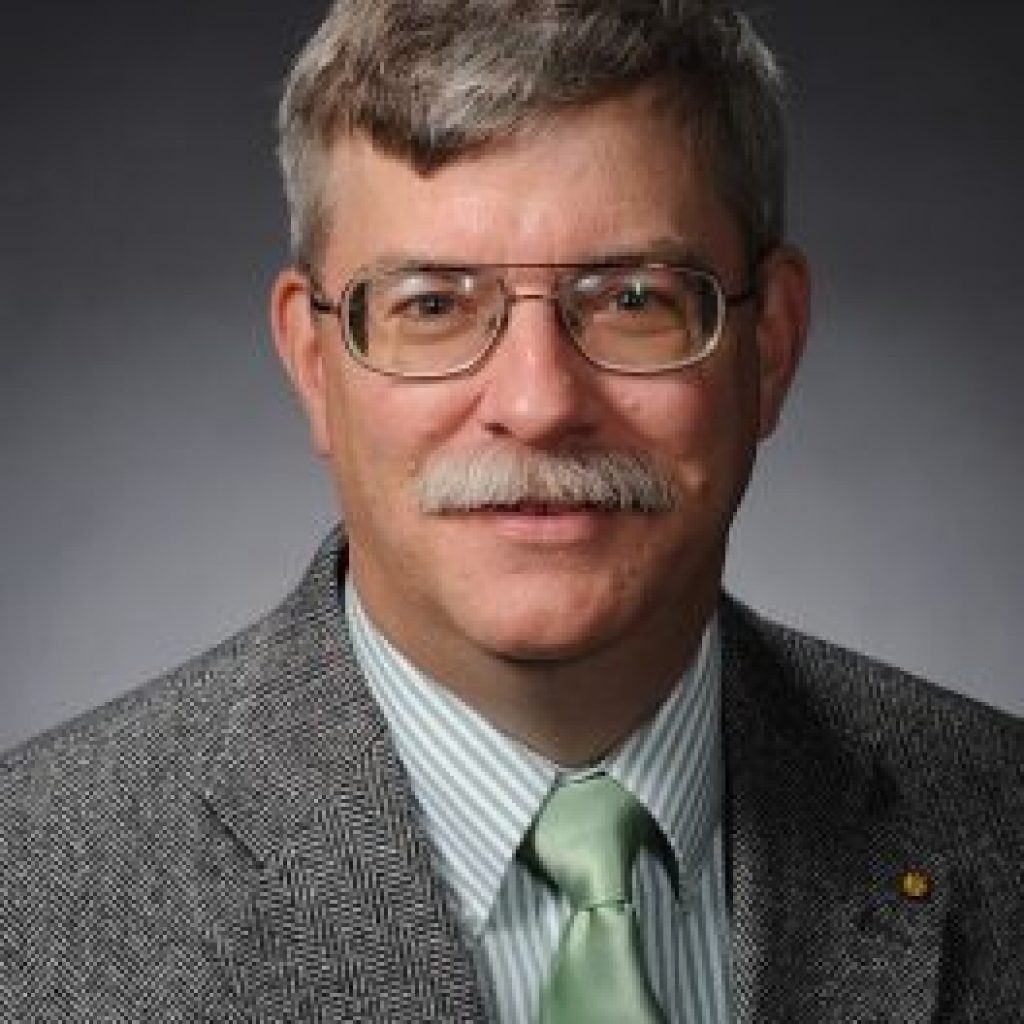
4/17/18 at 4:00 pm in Chemistry A101
